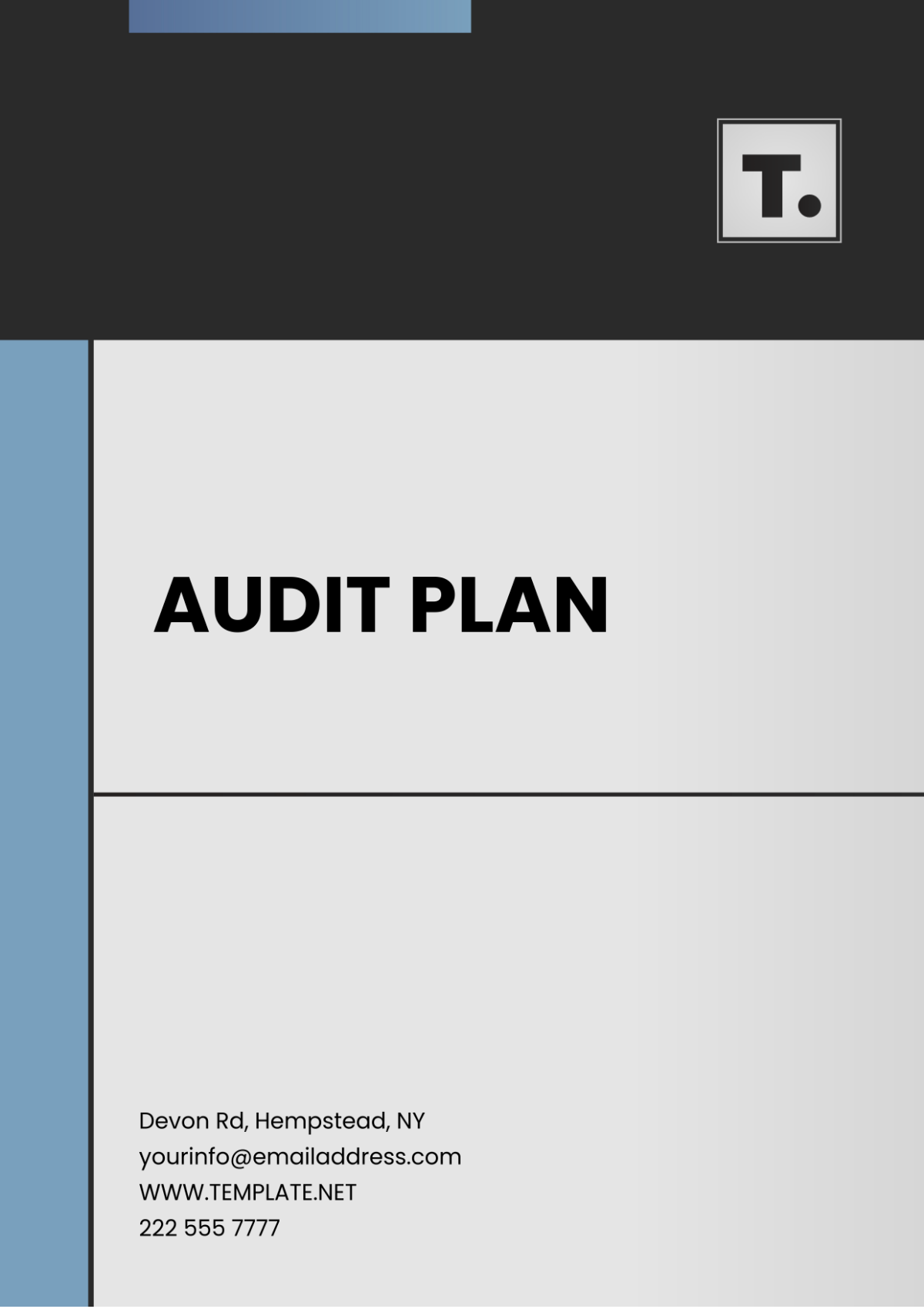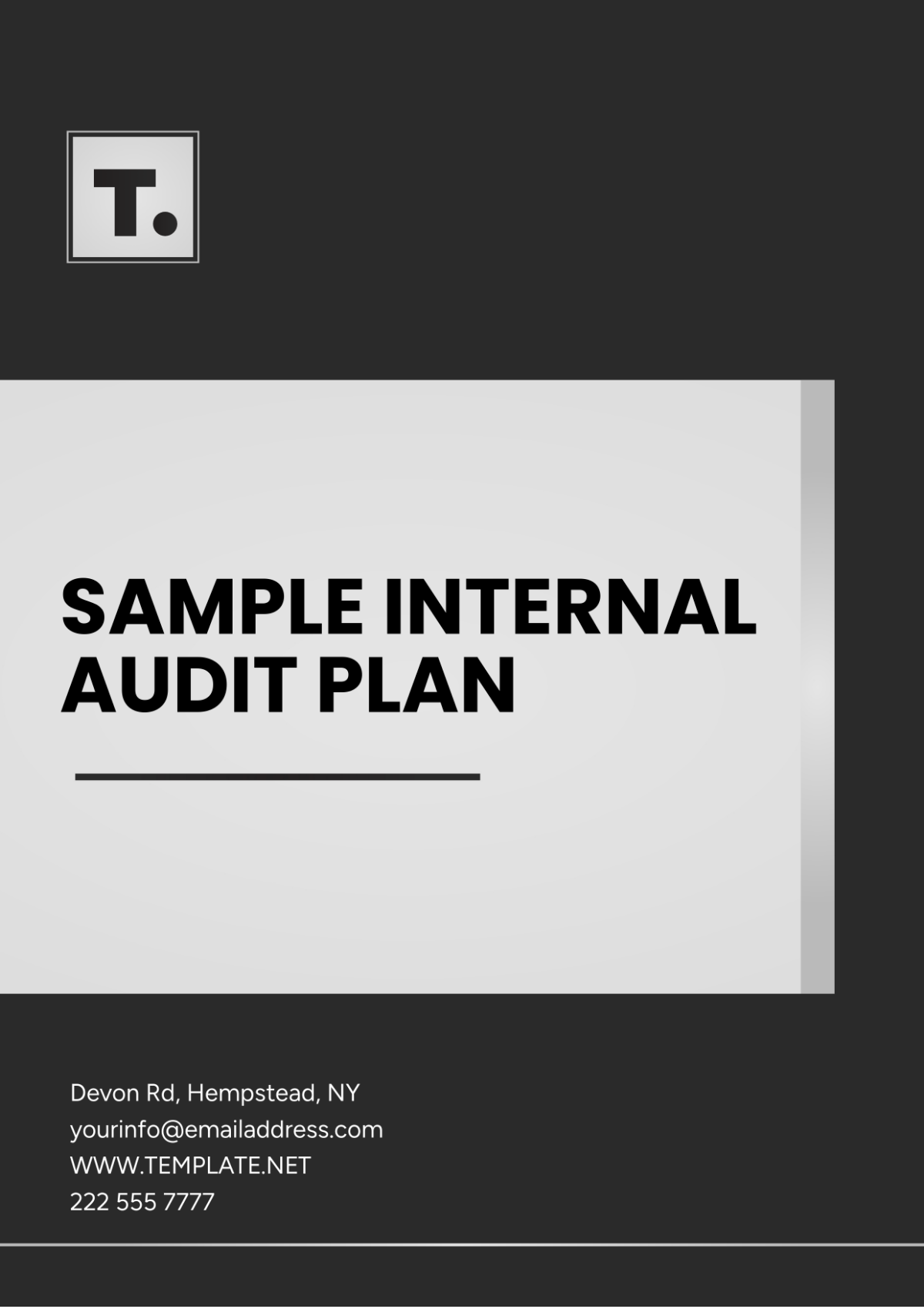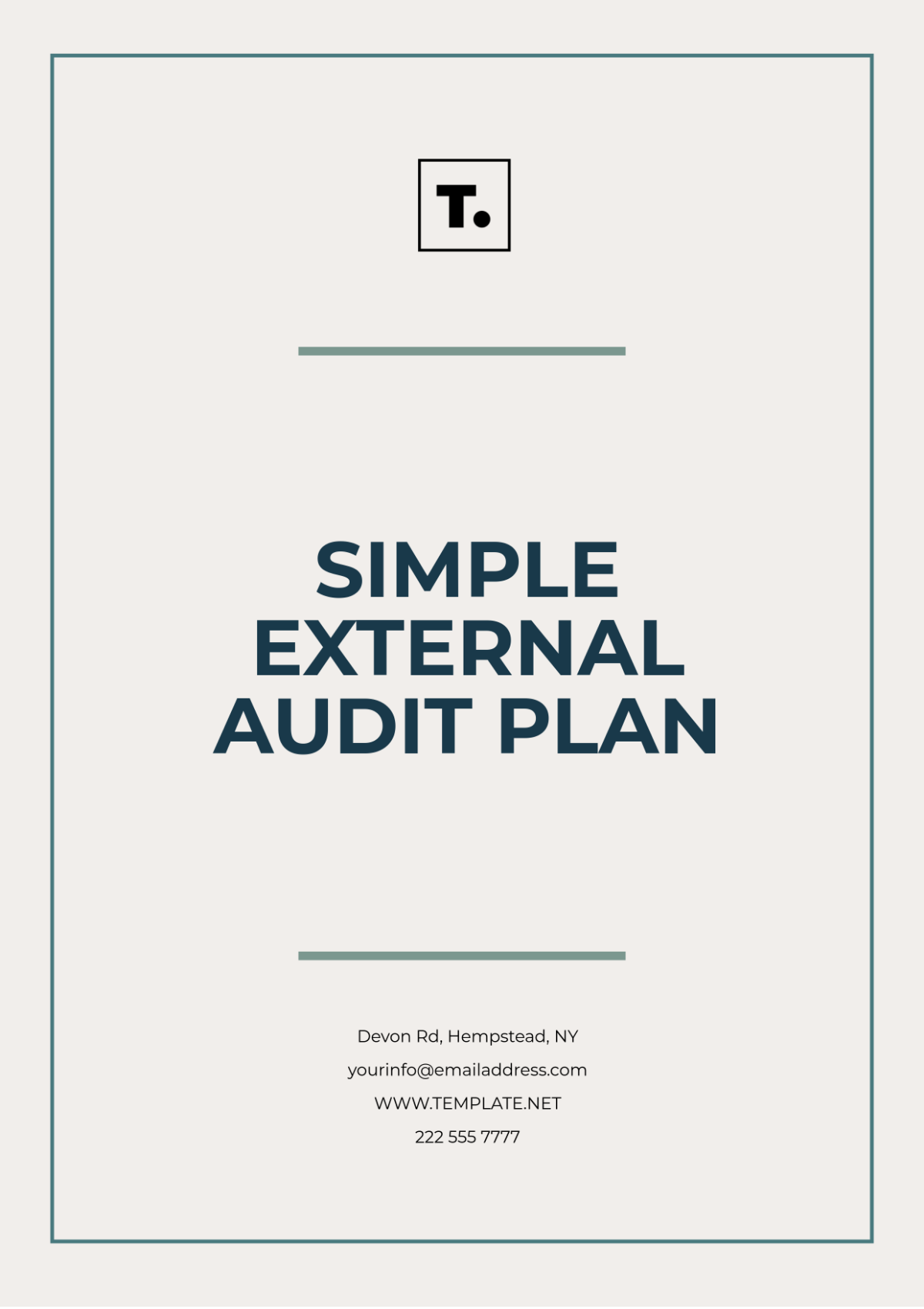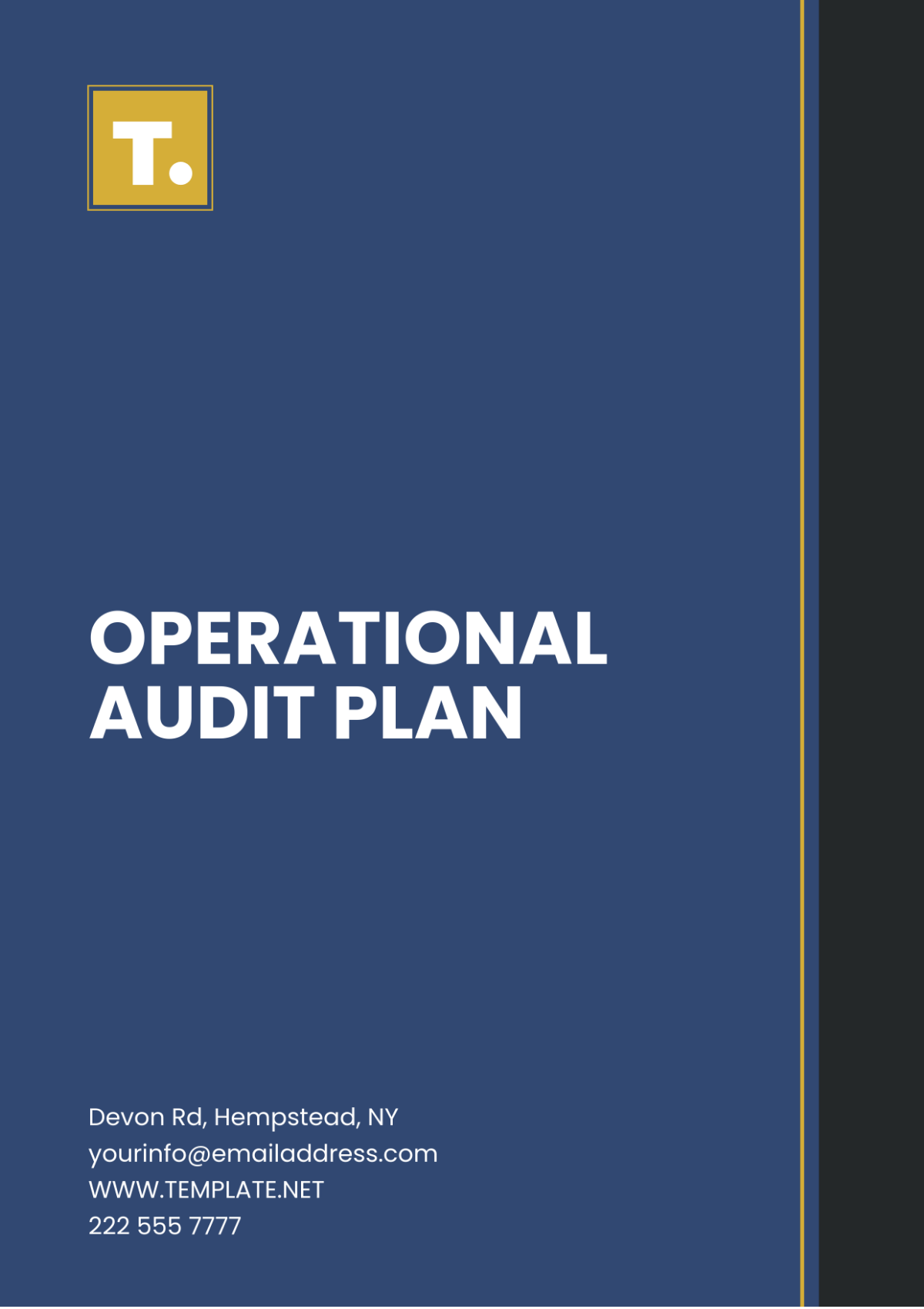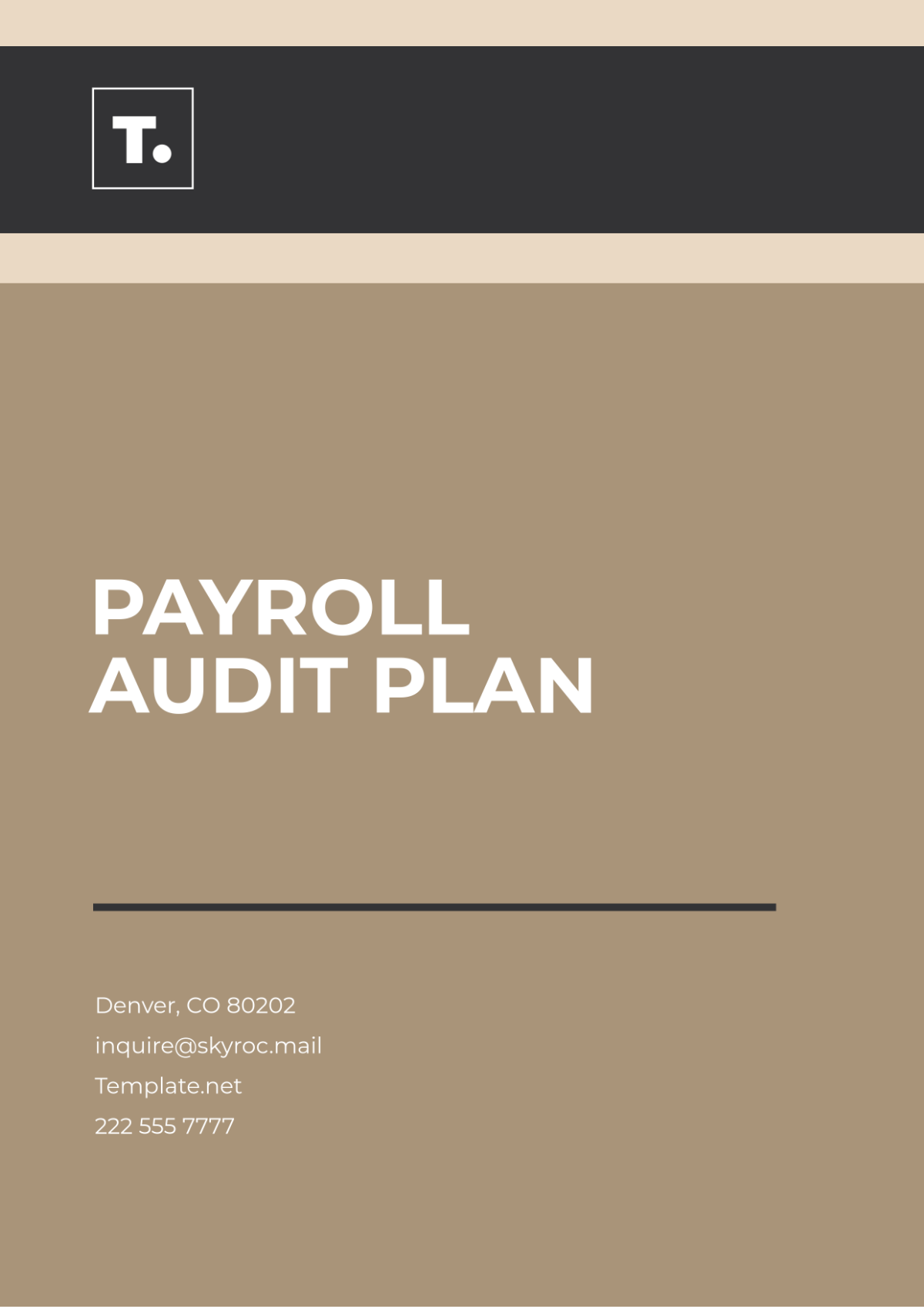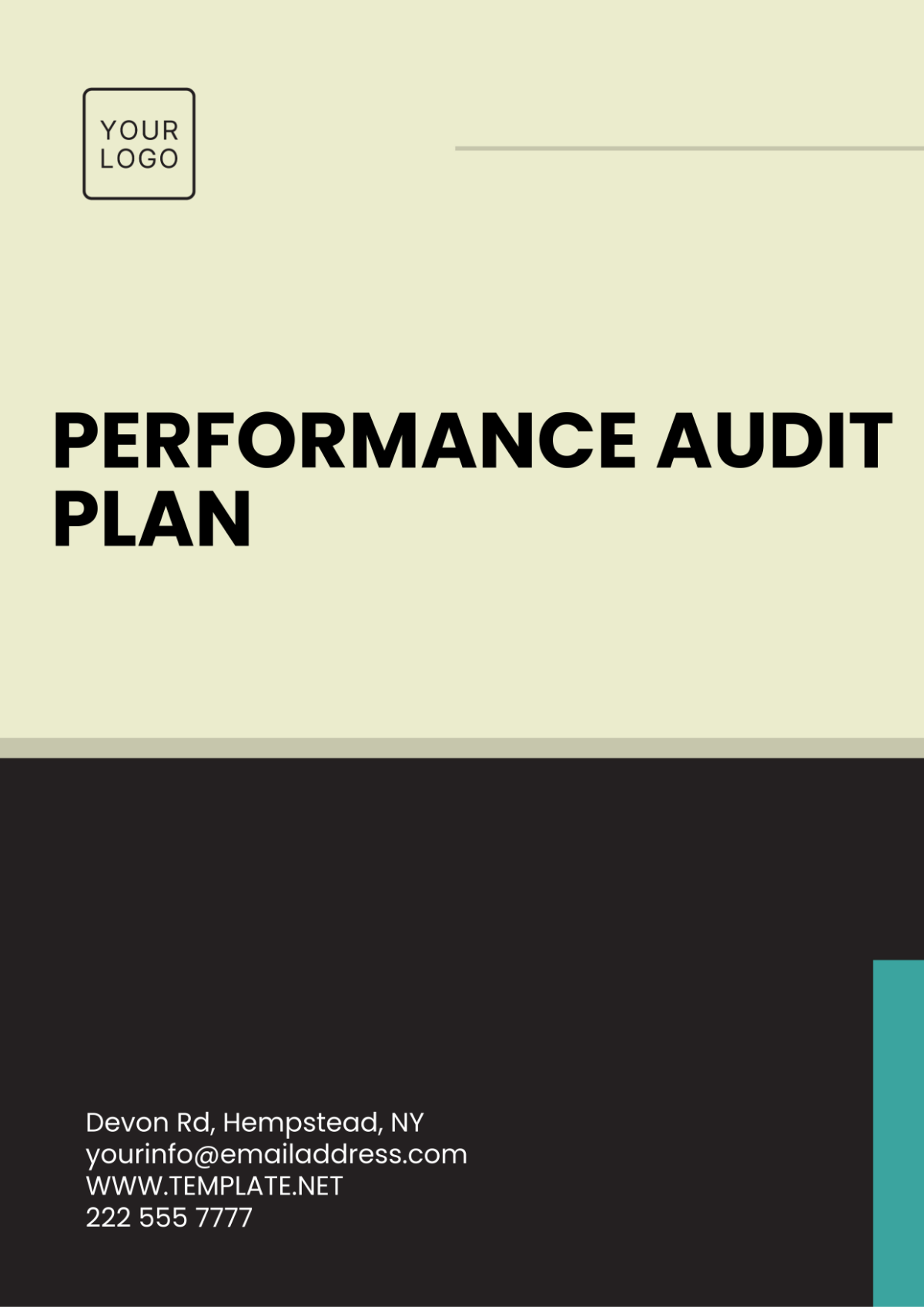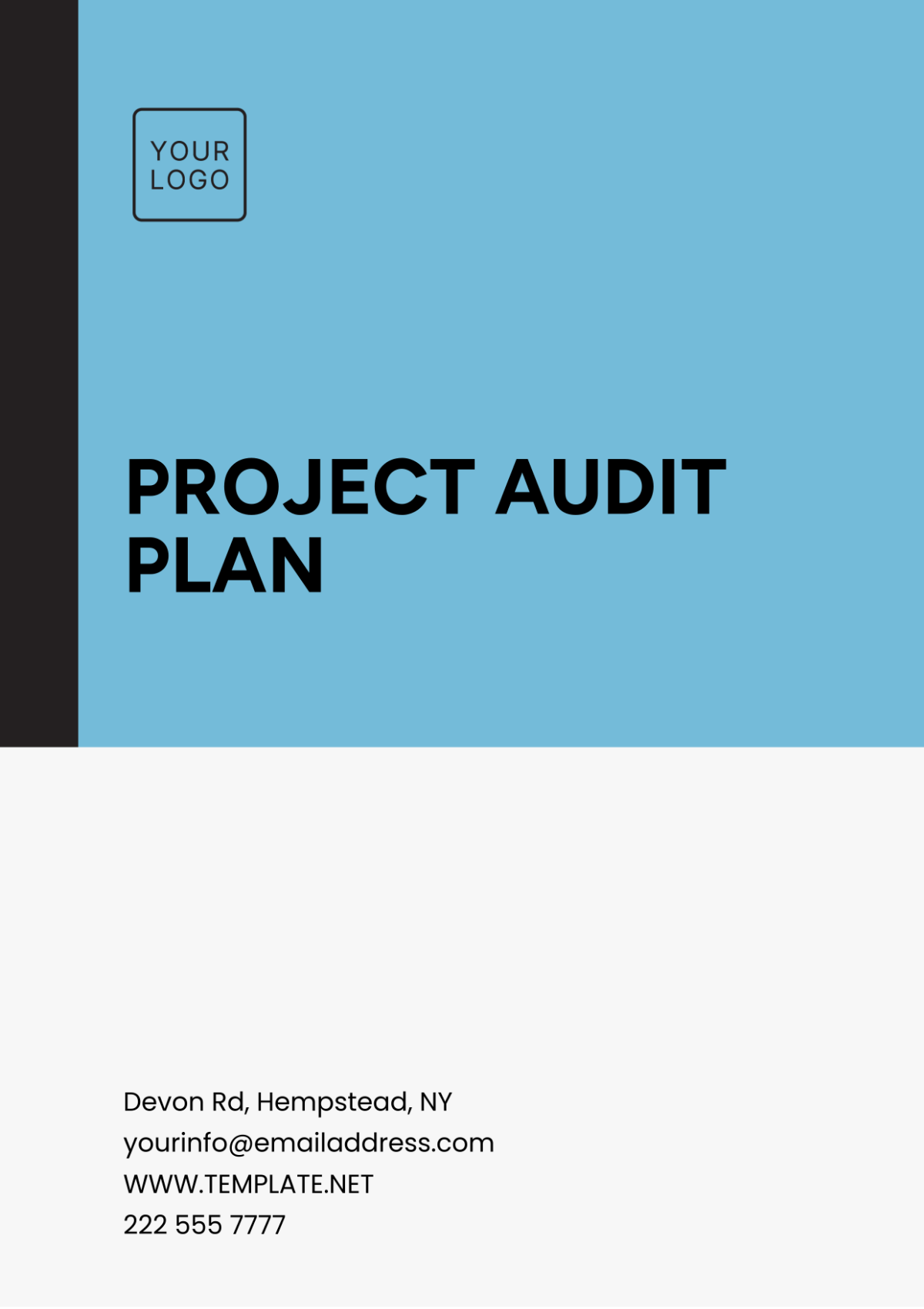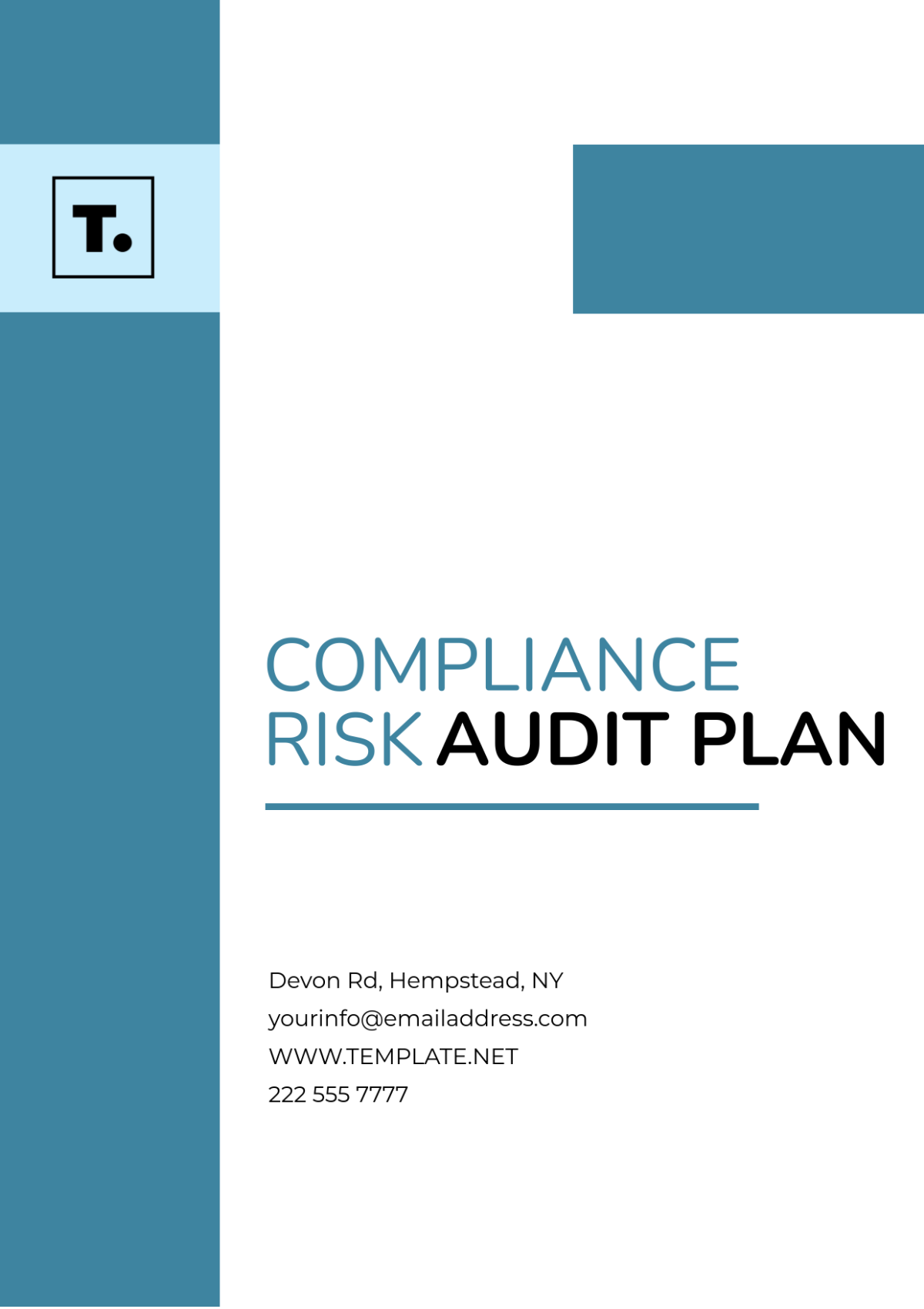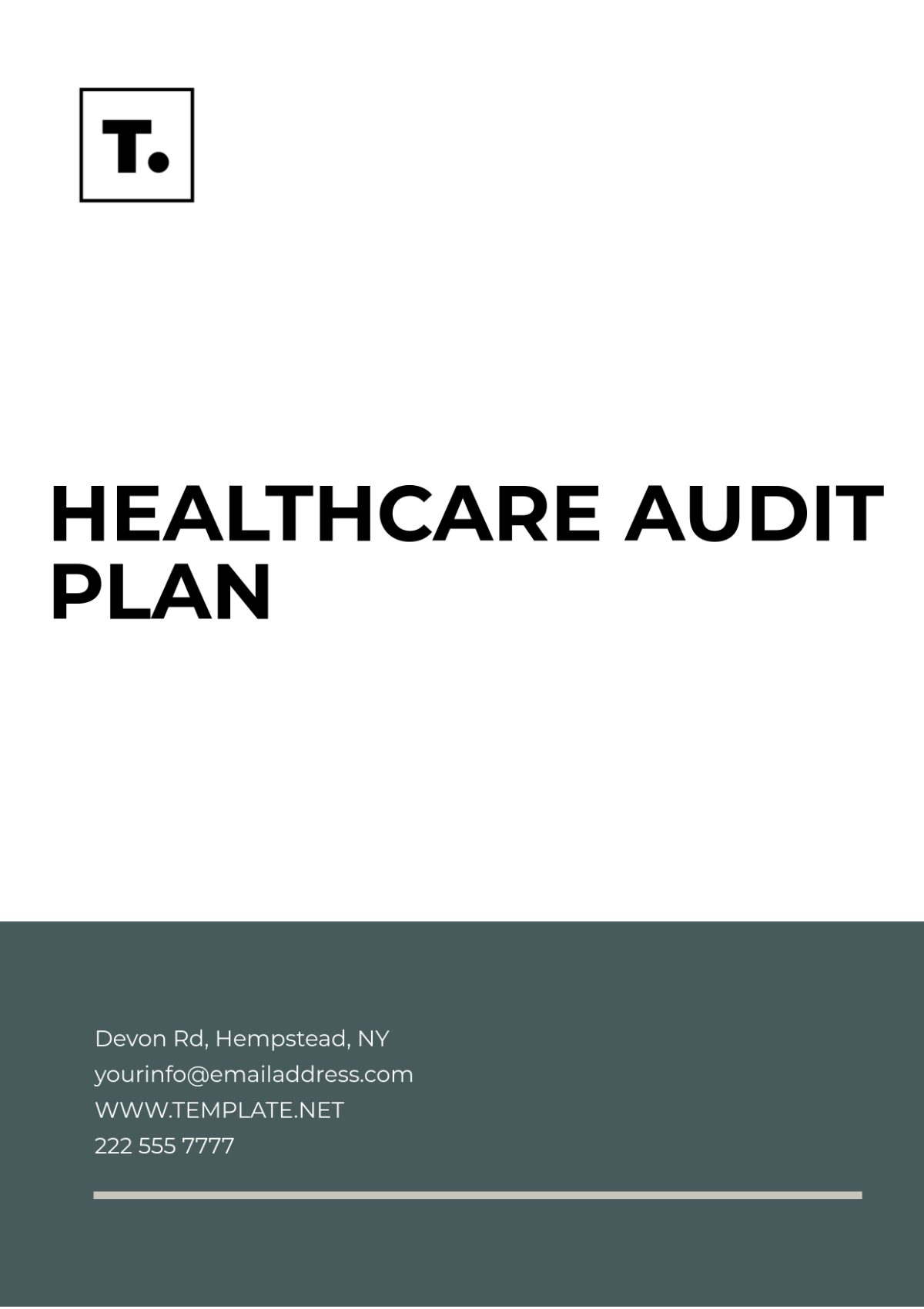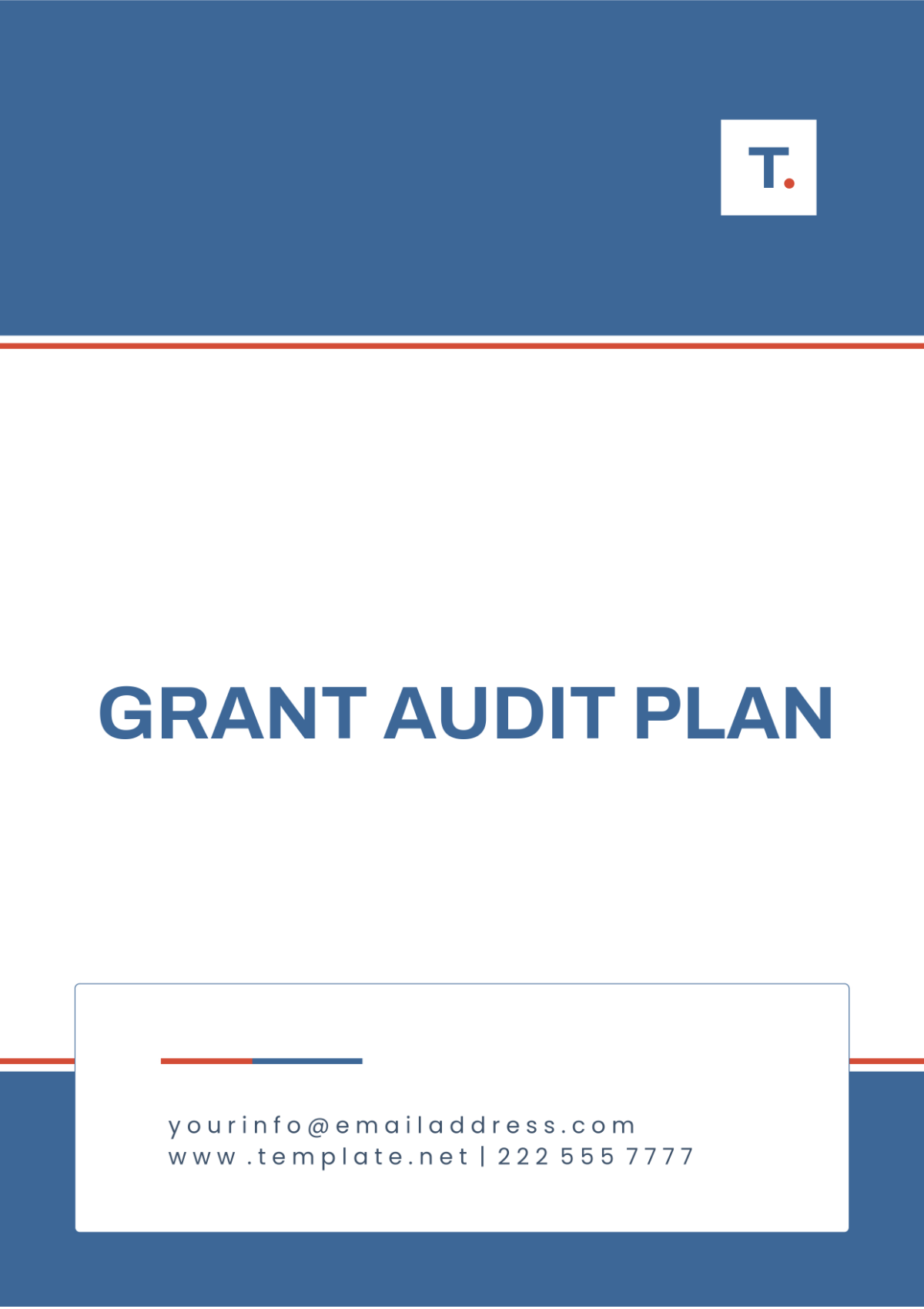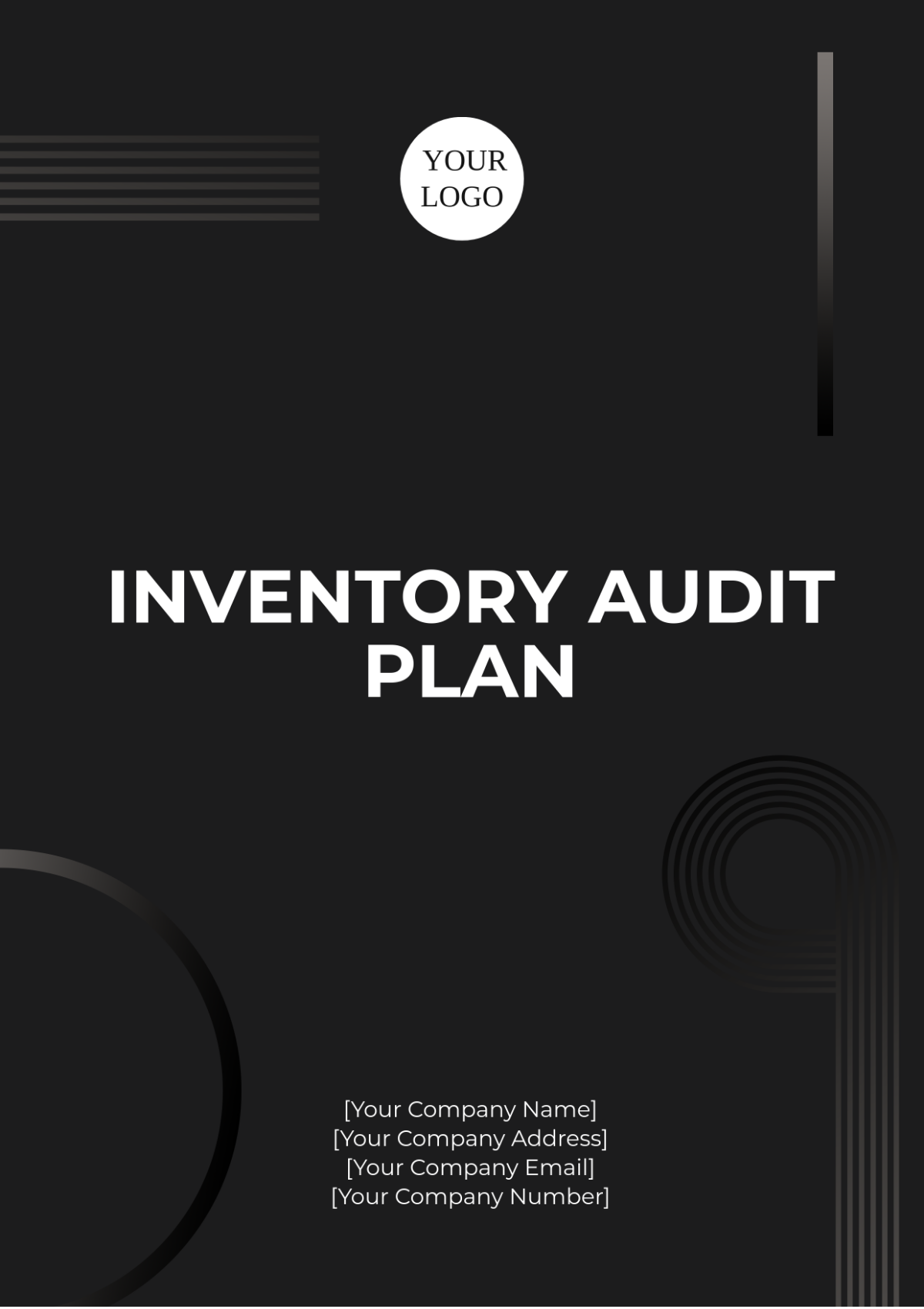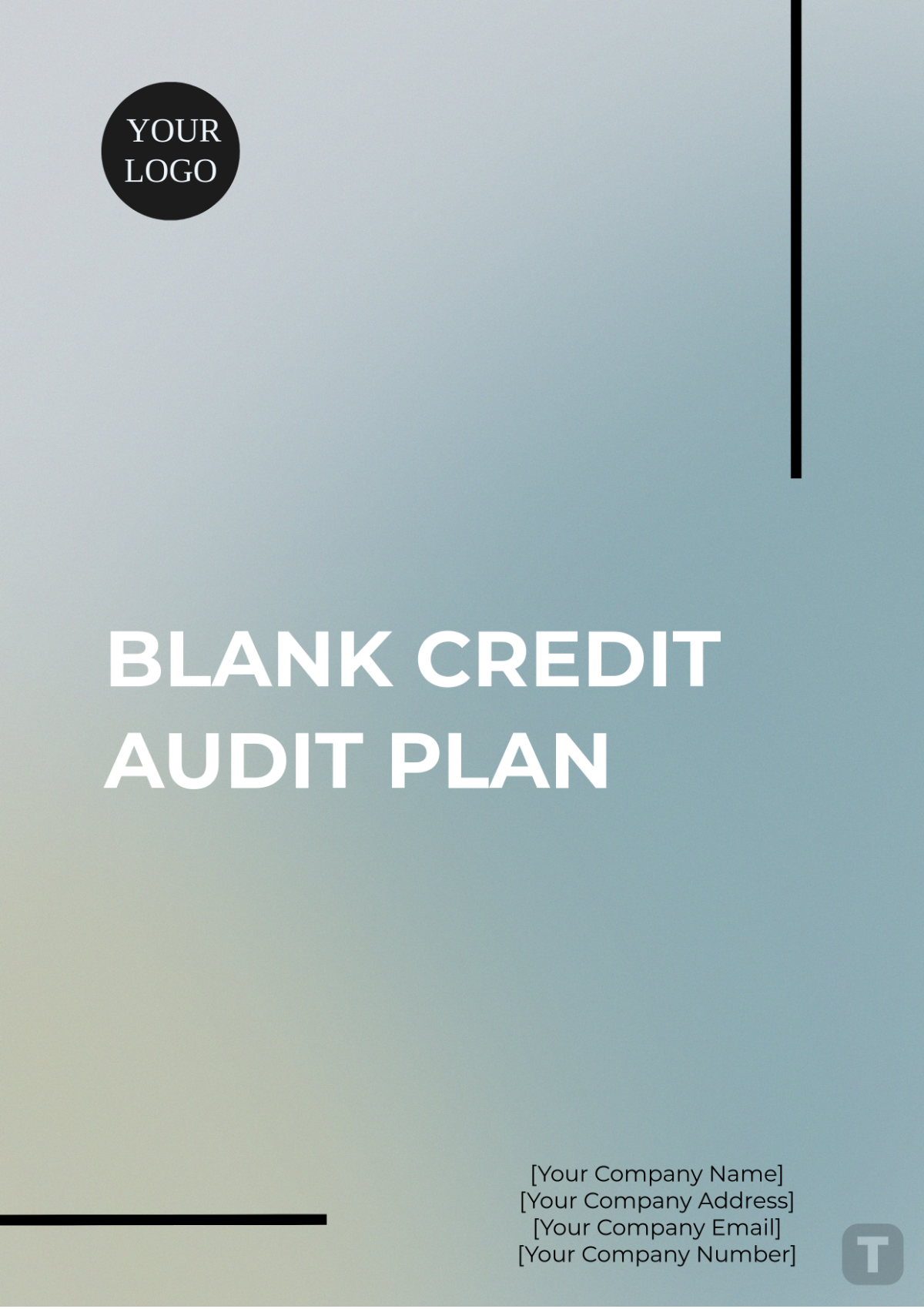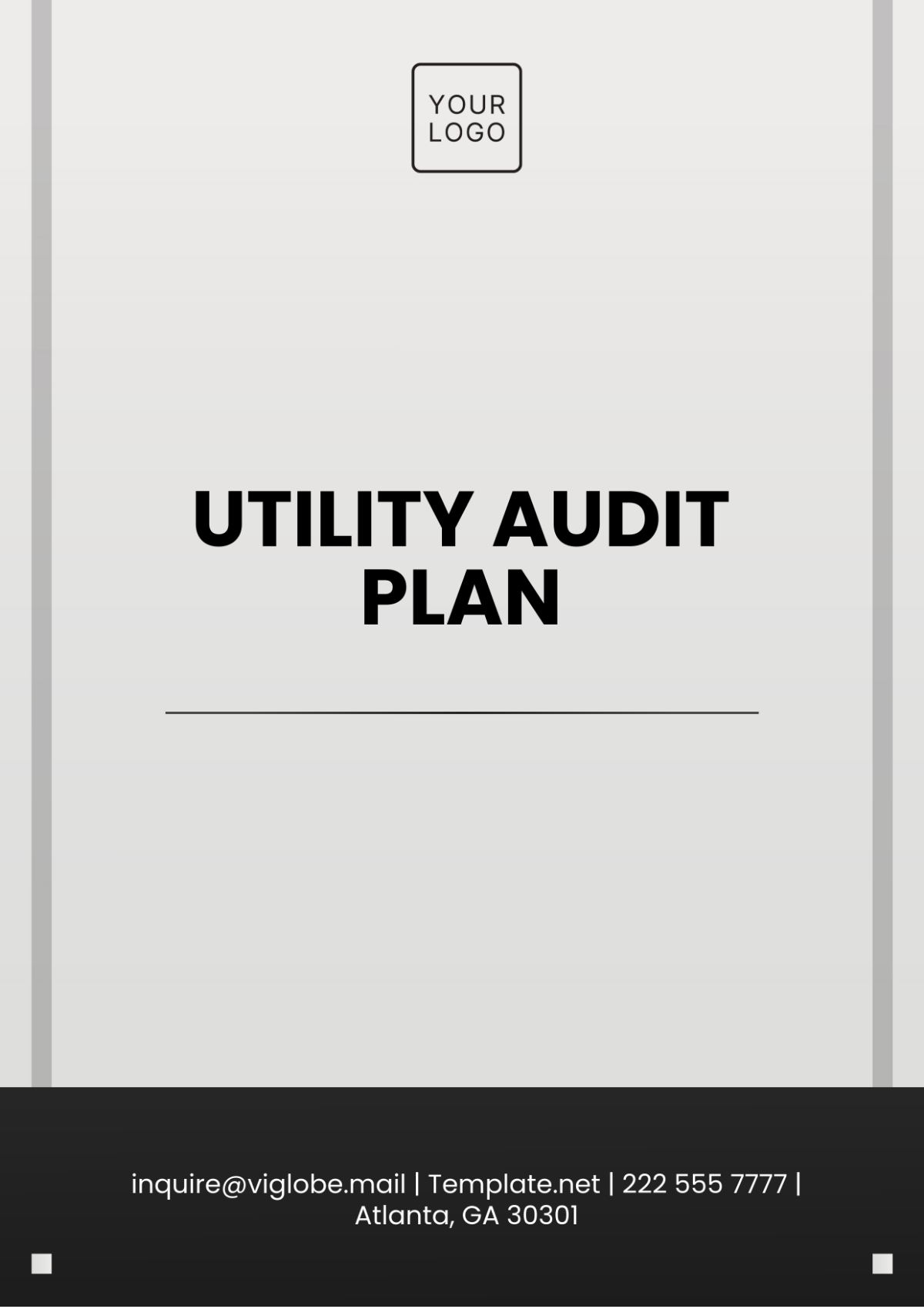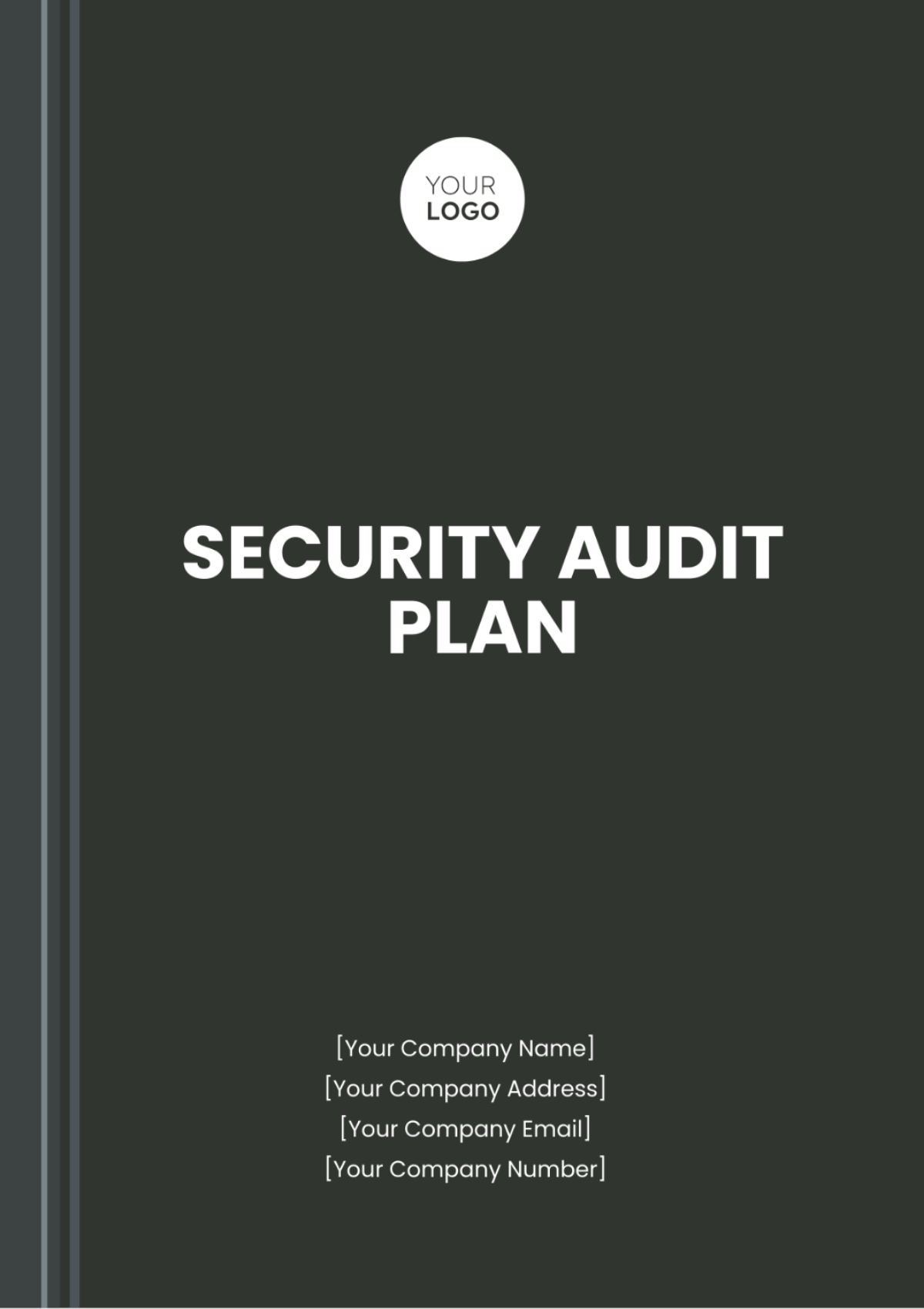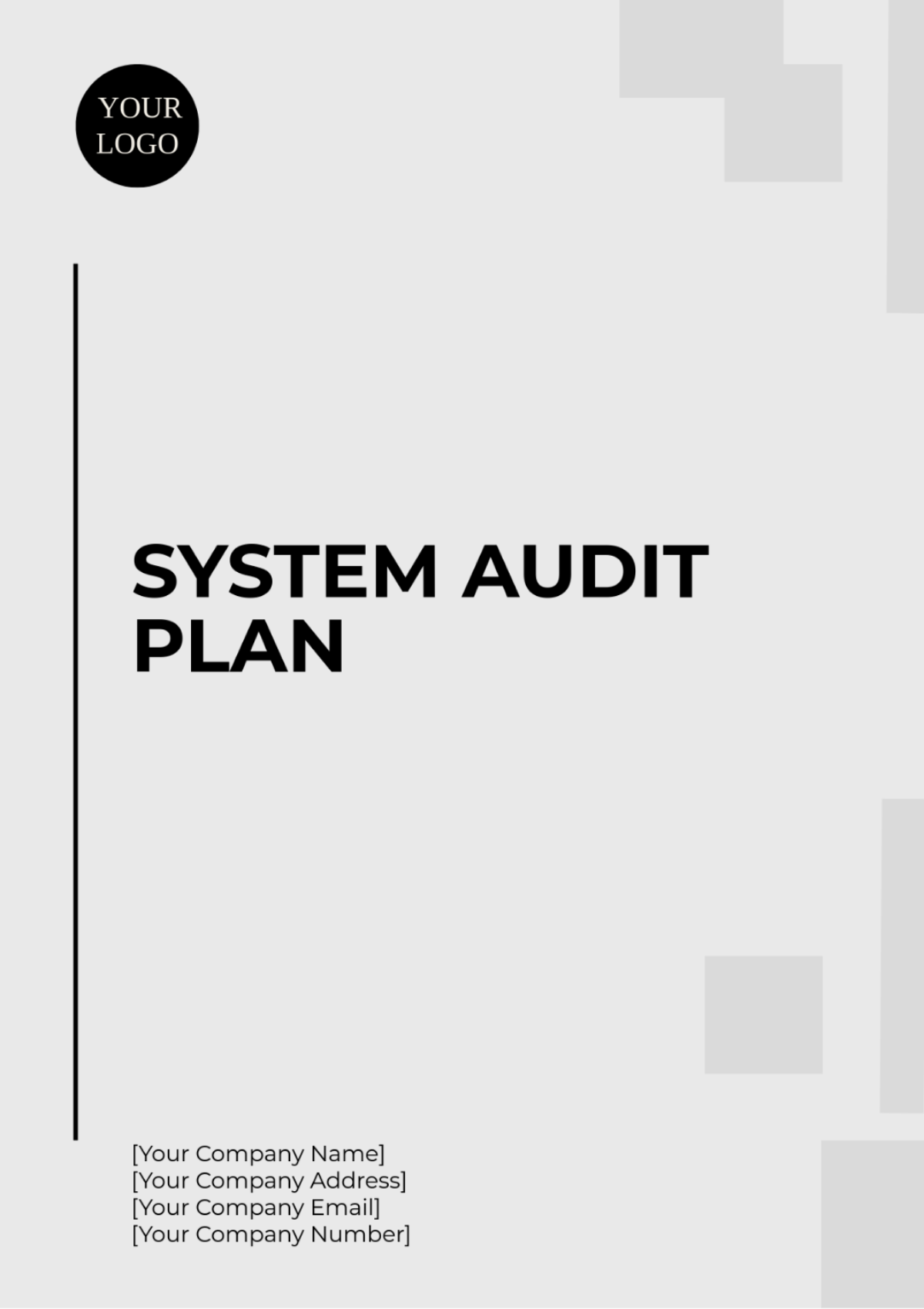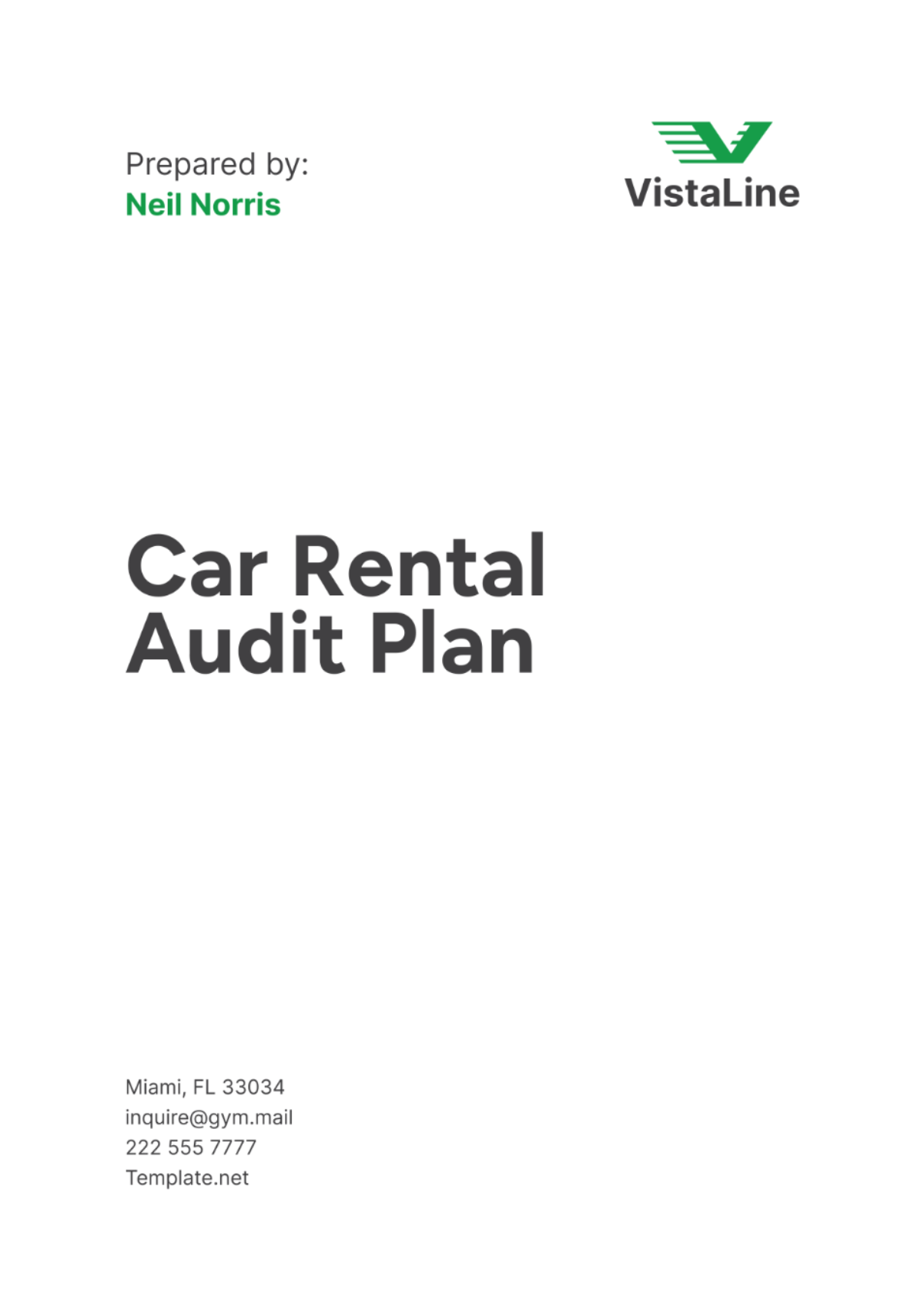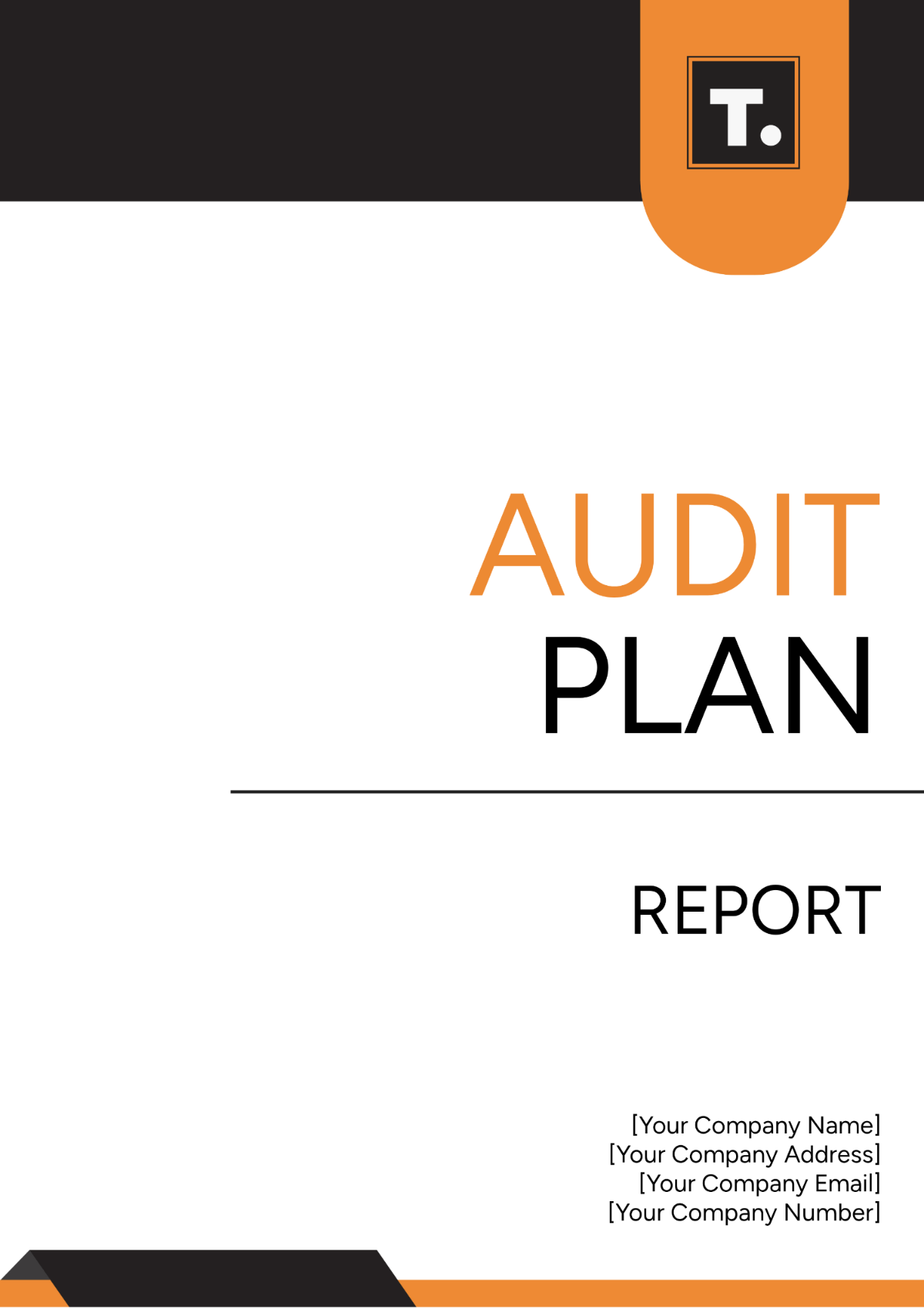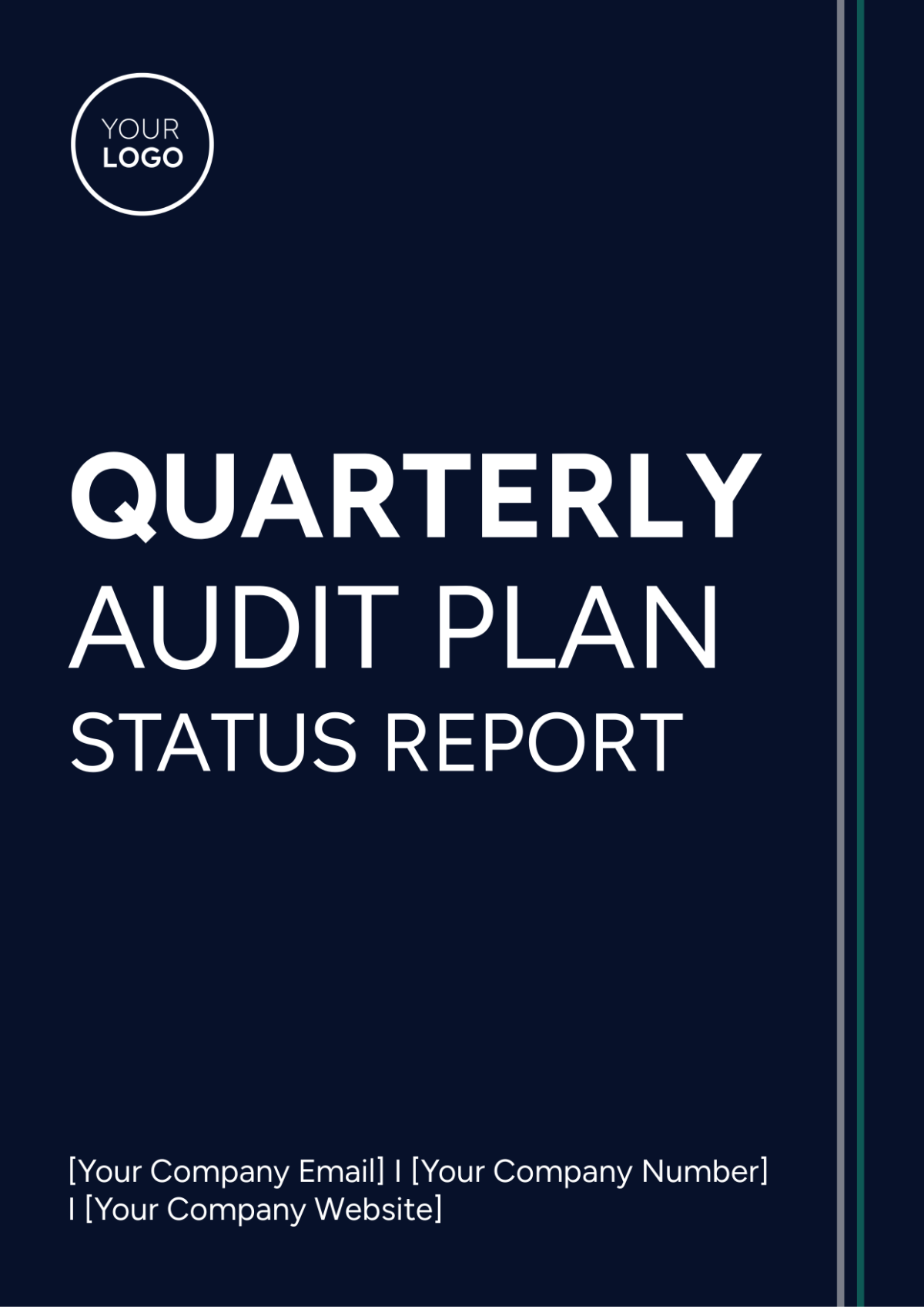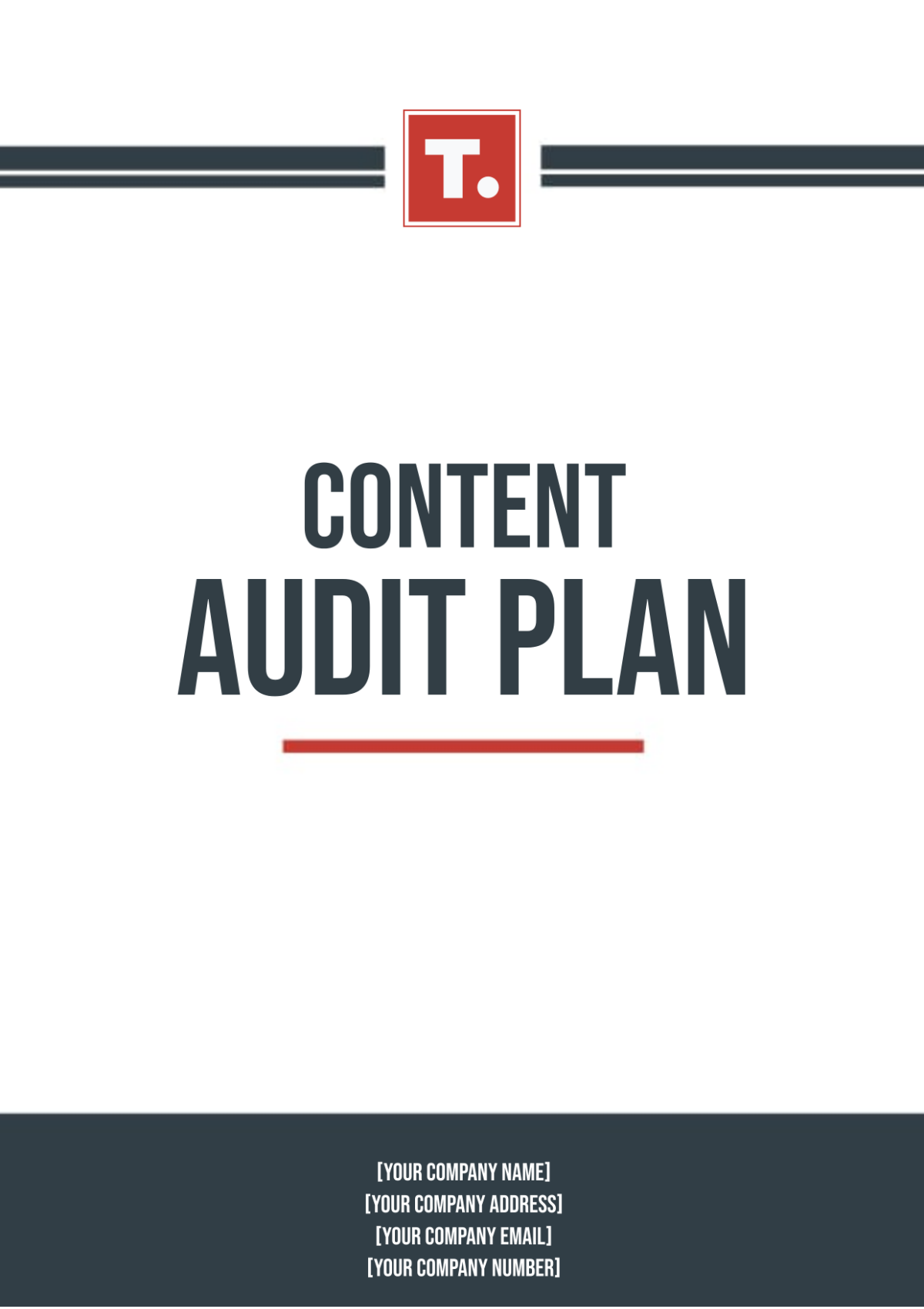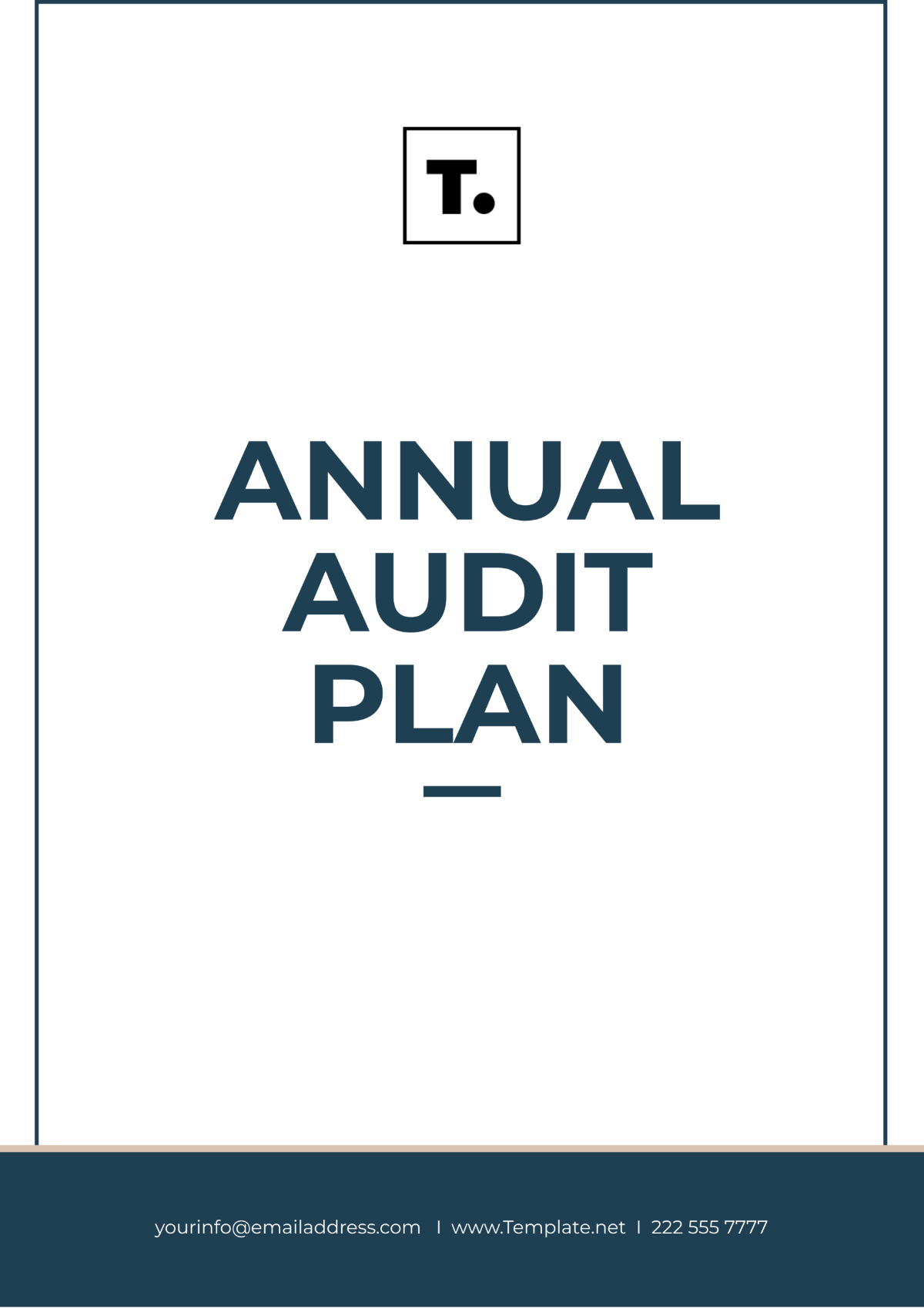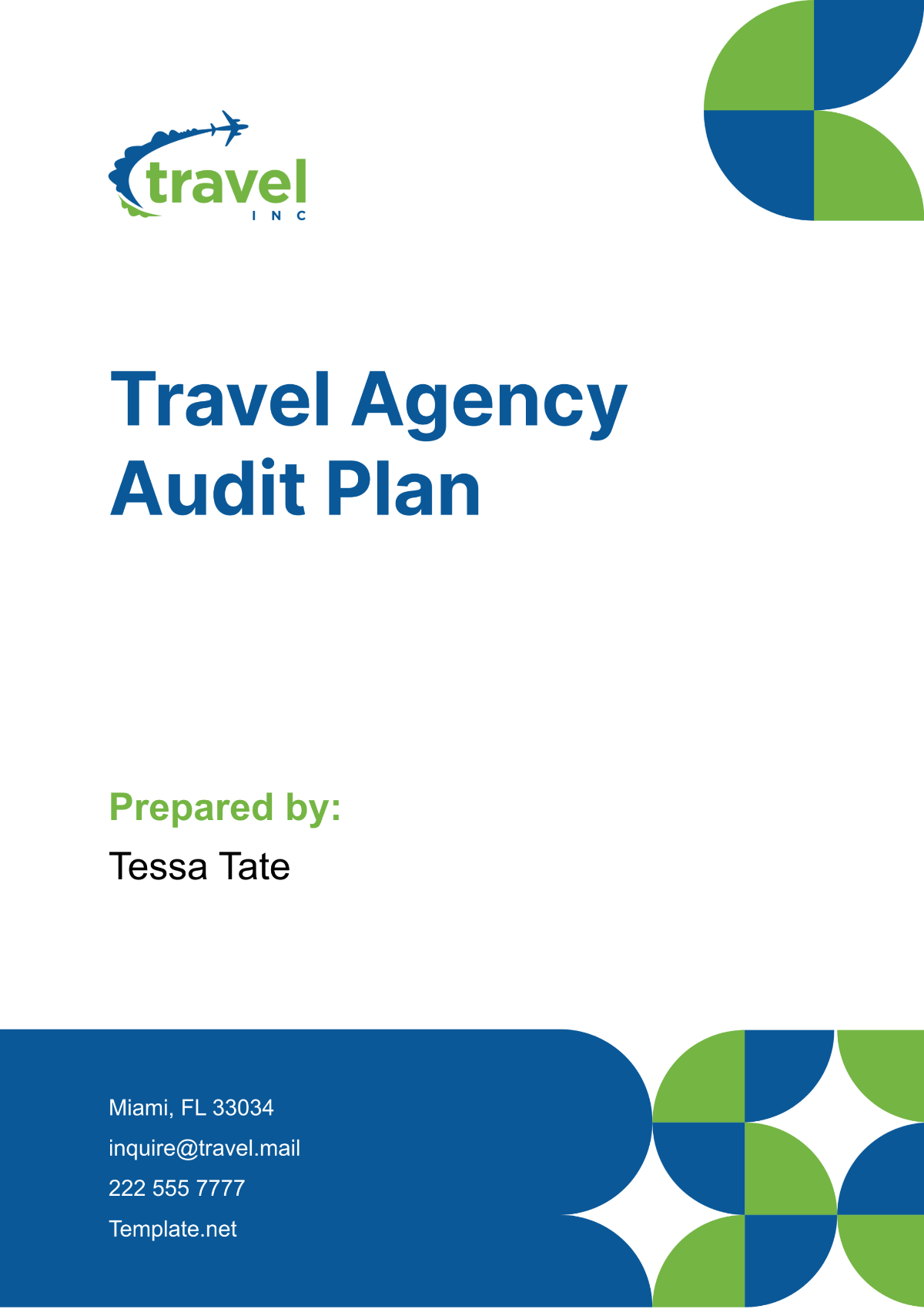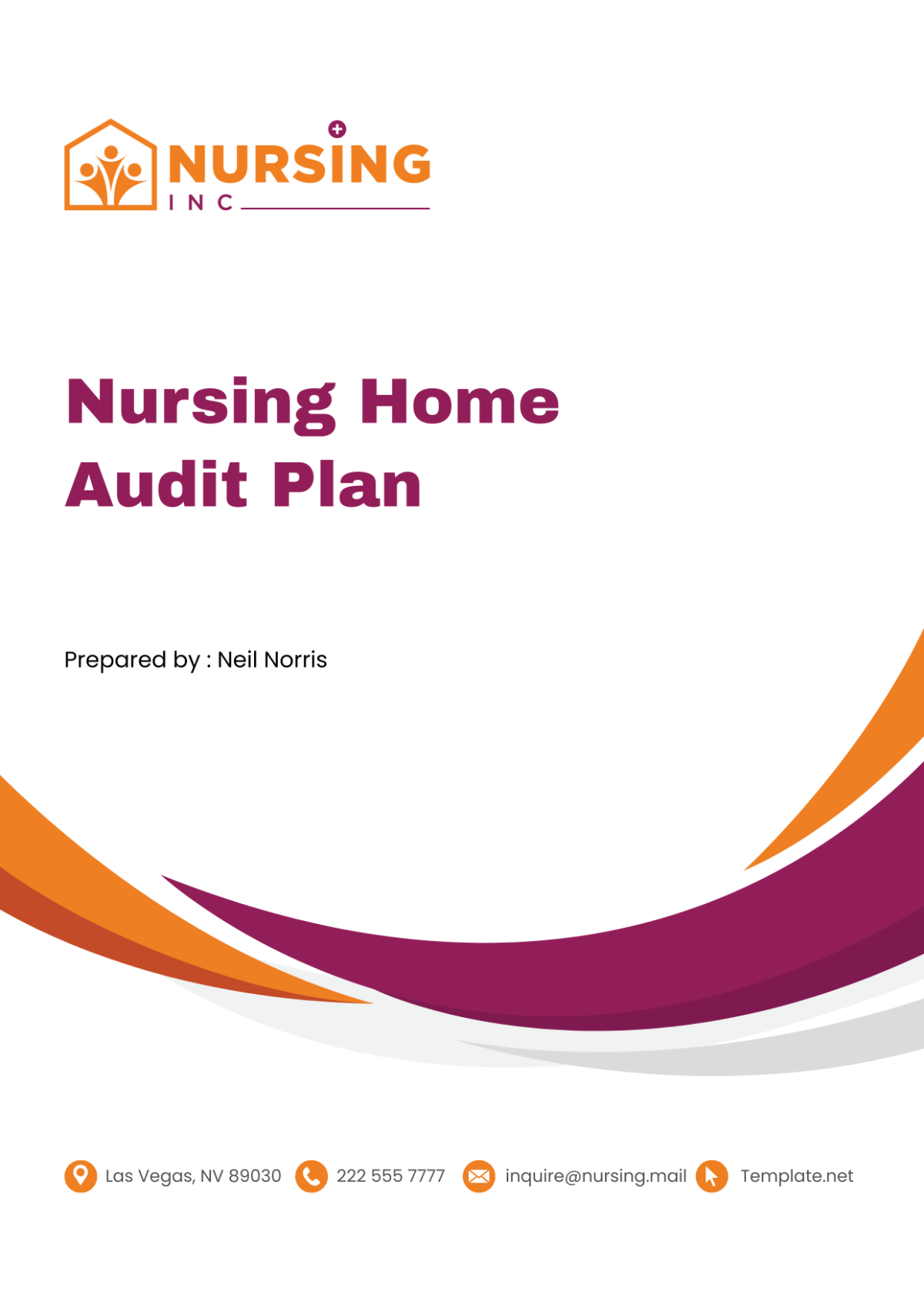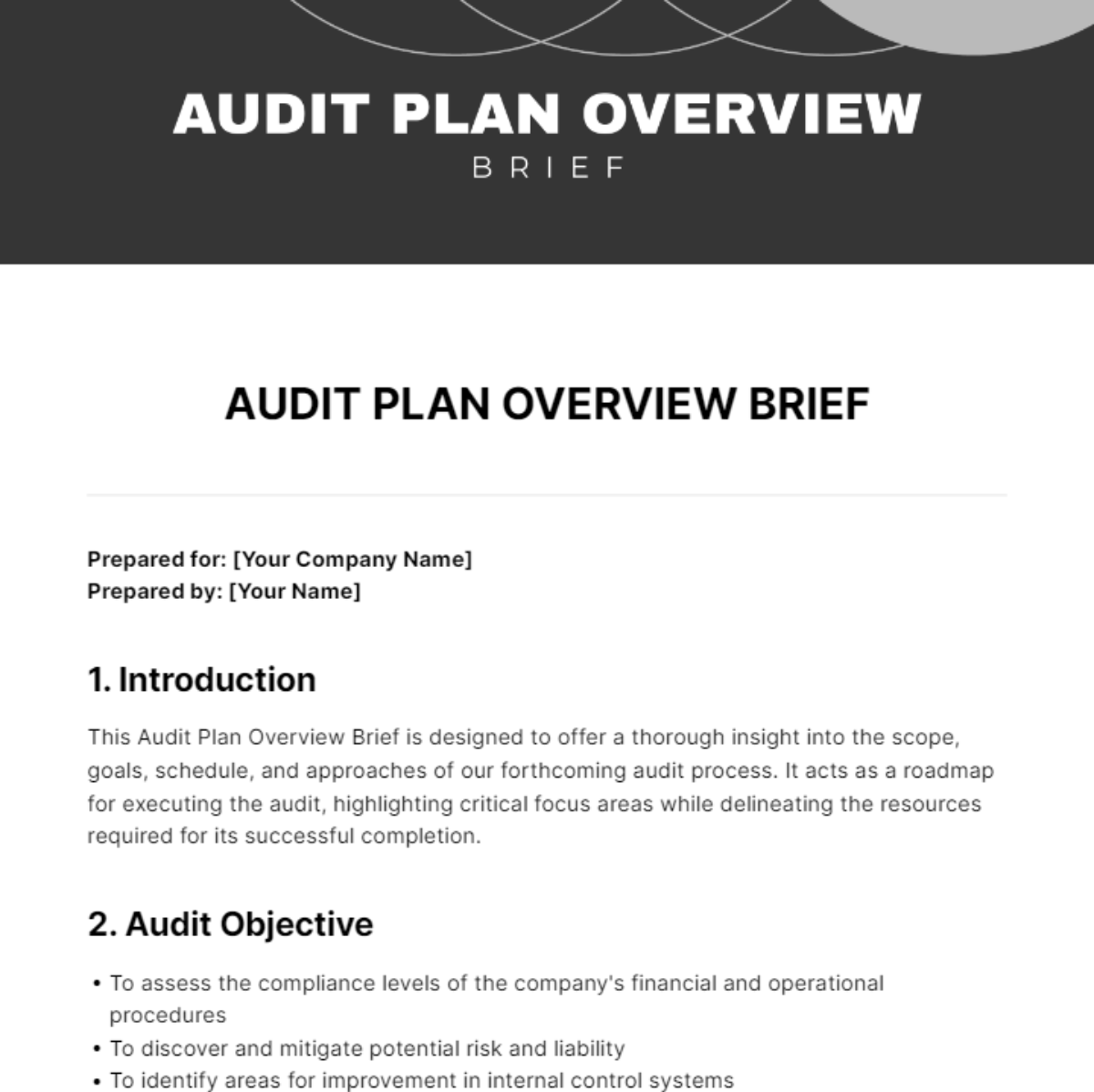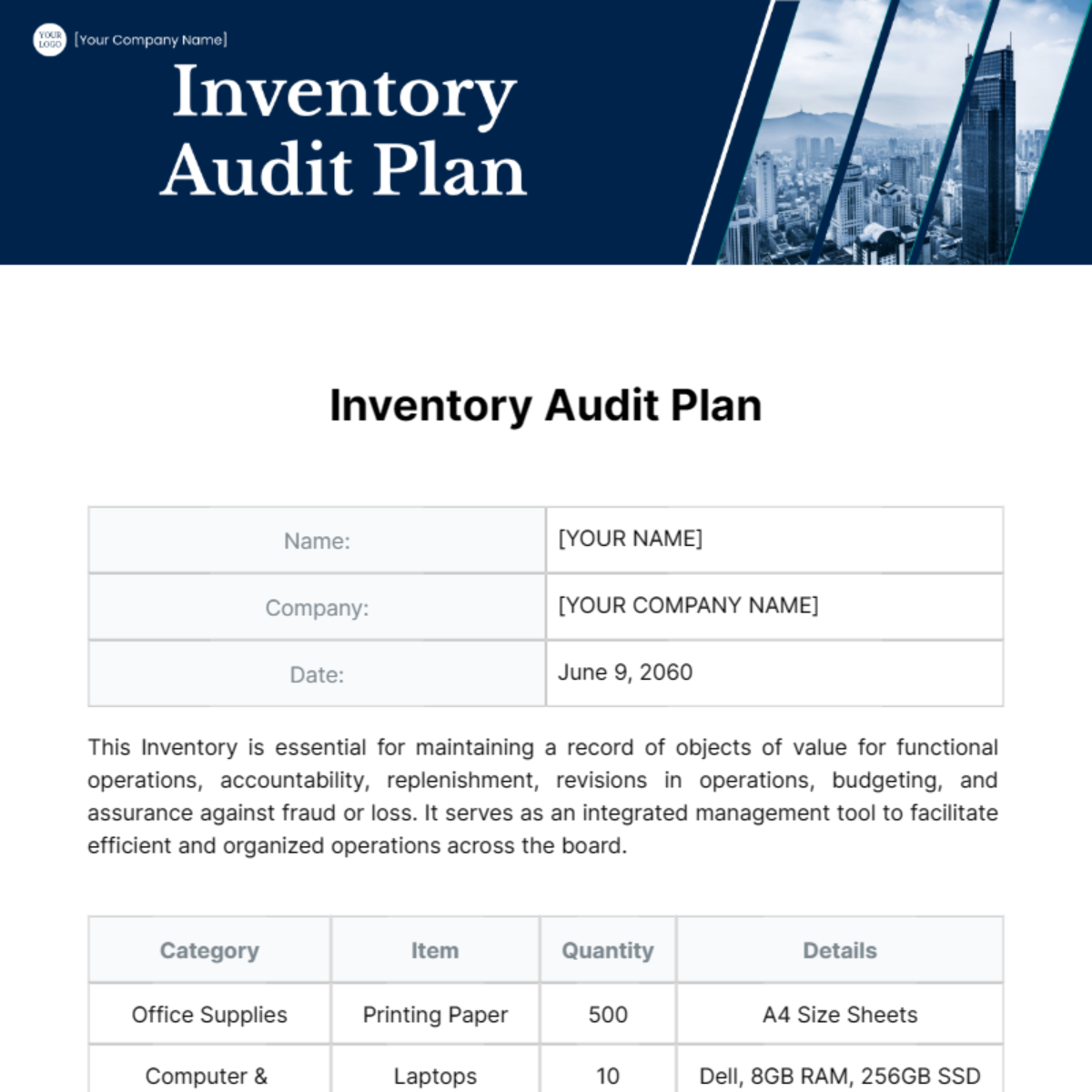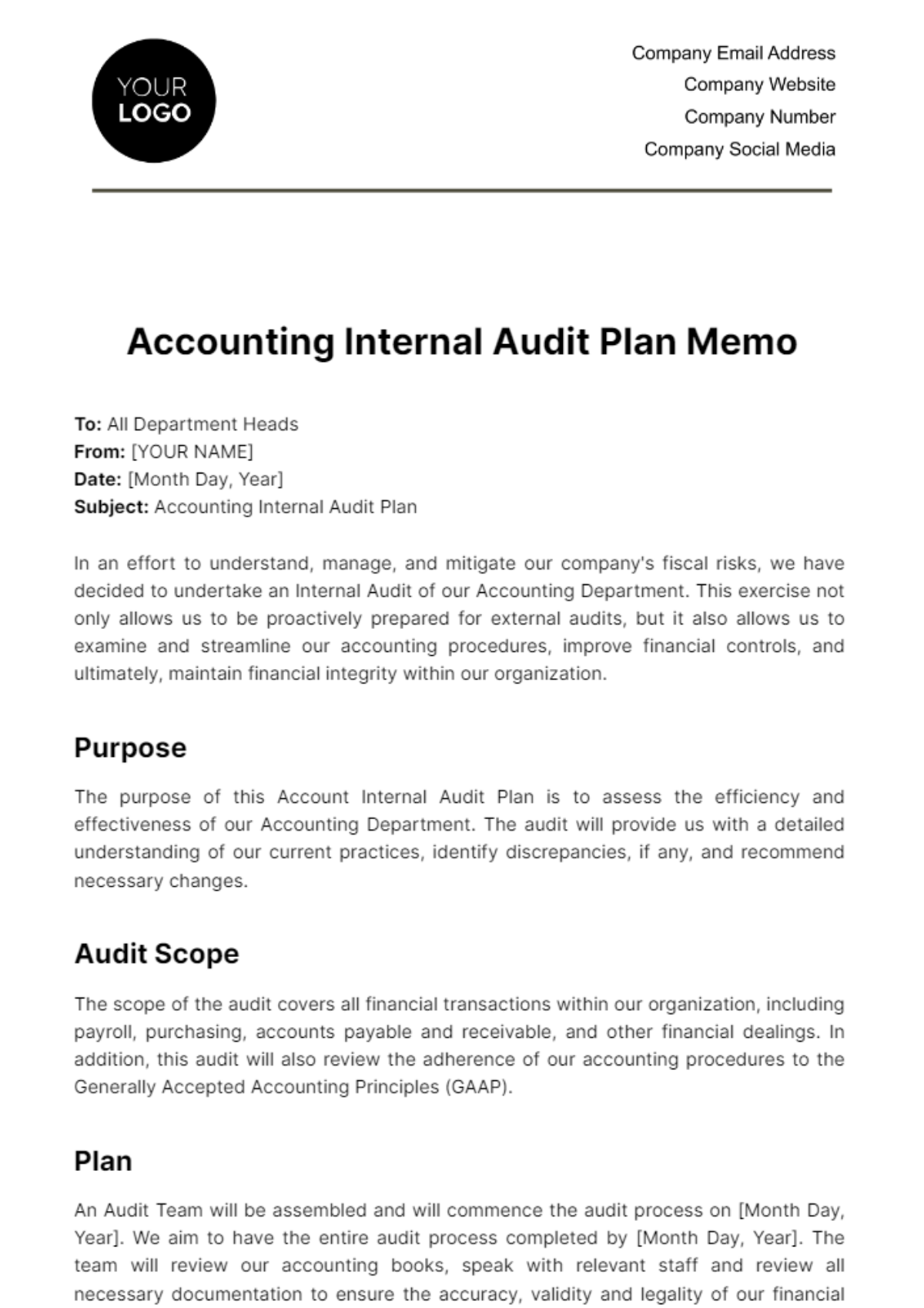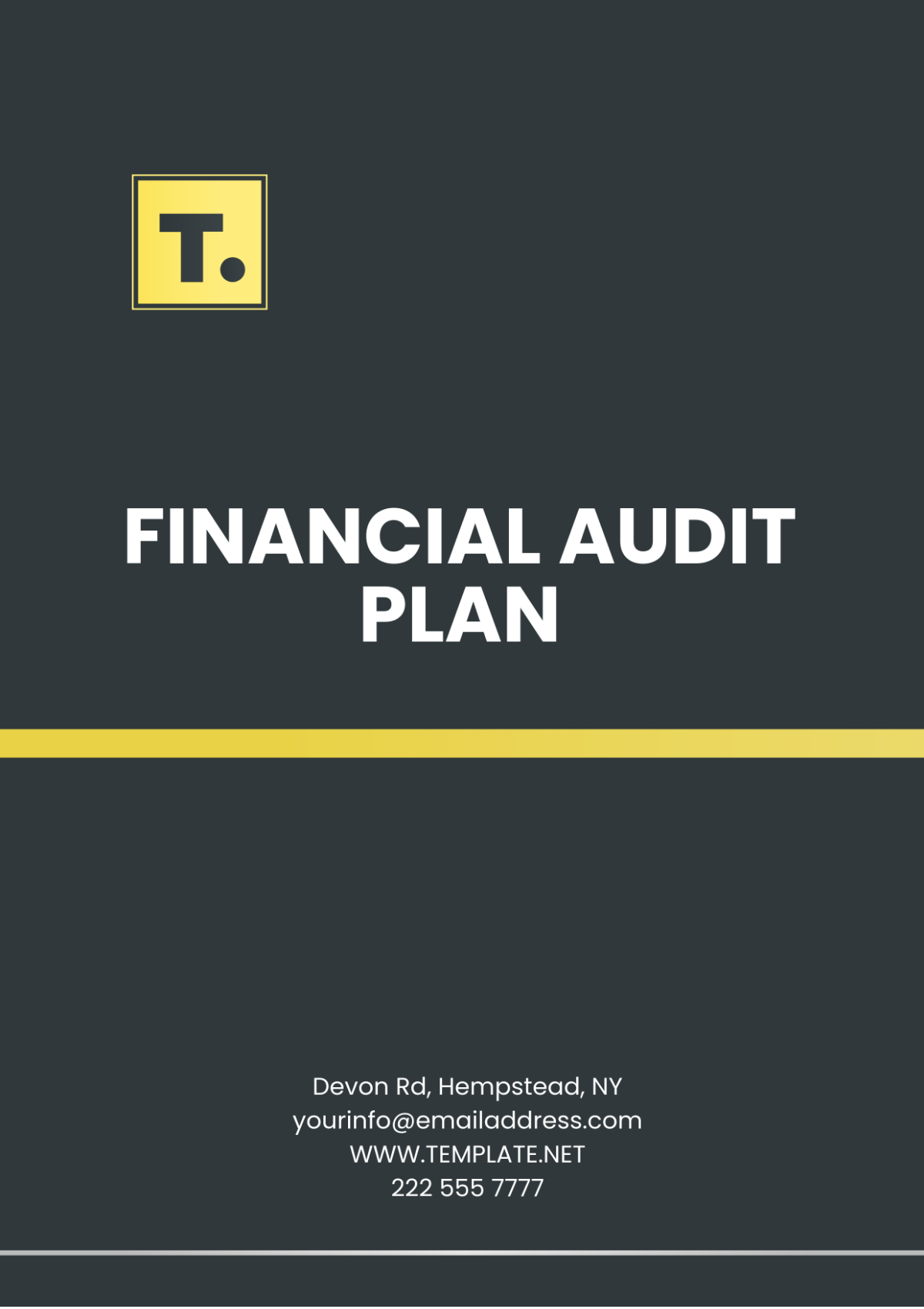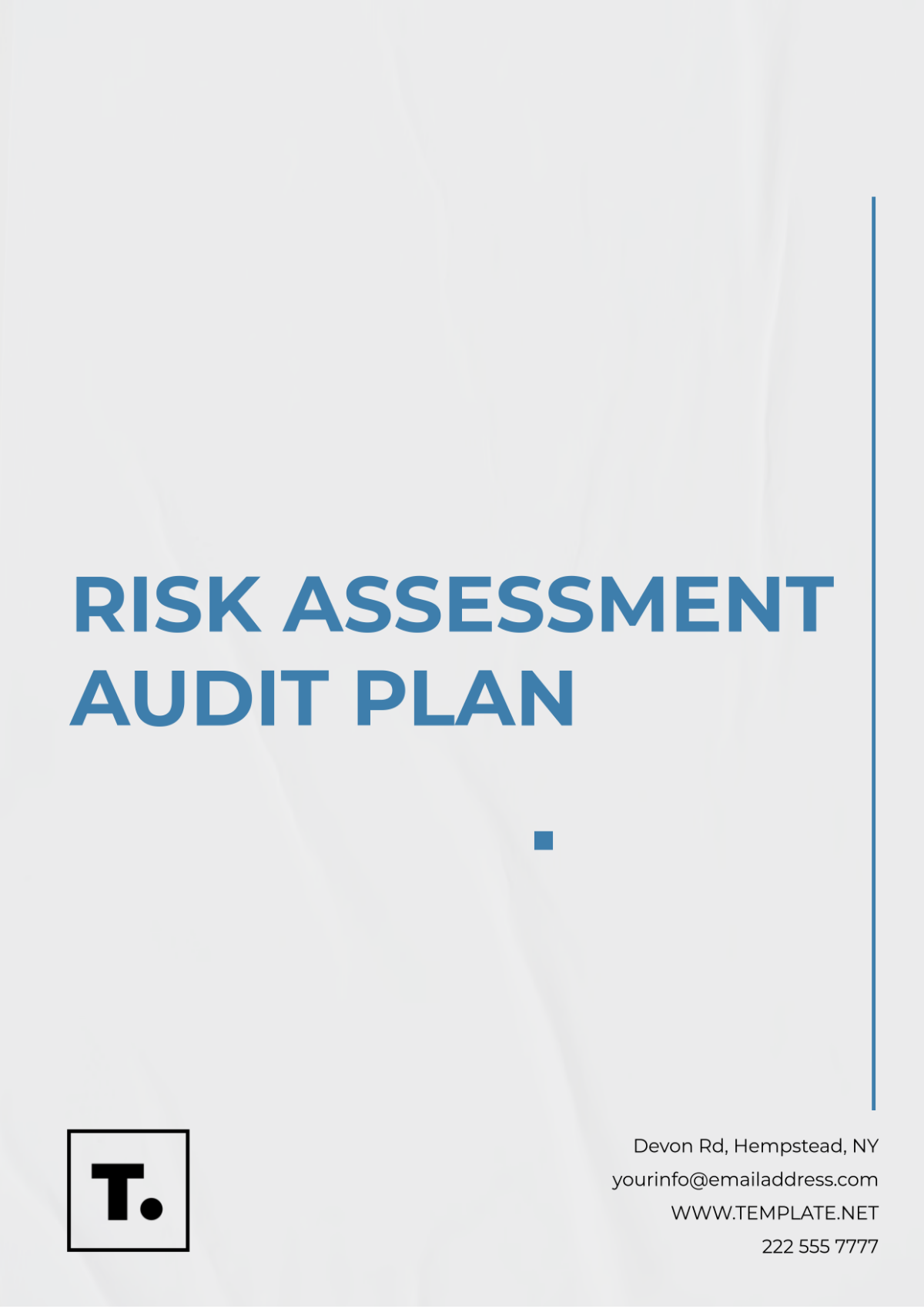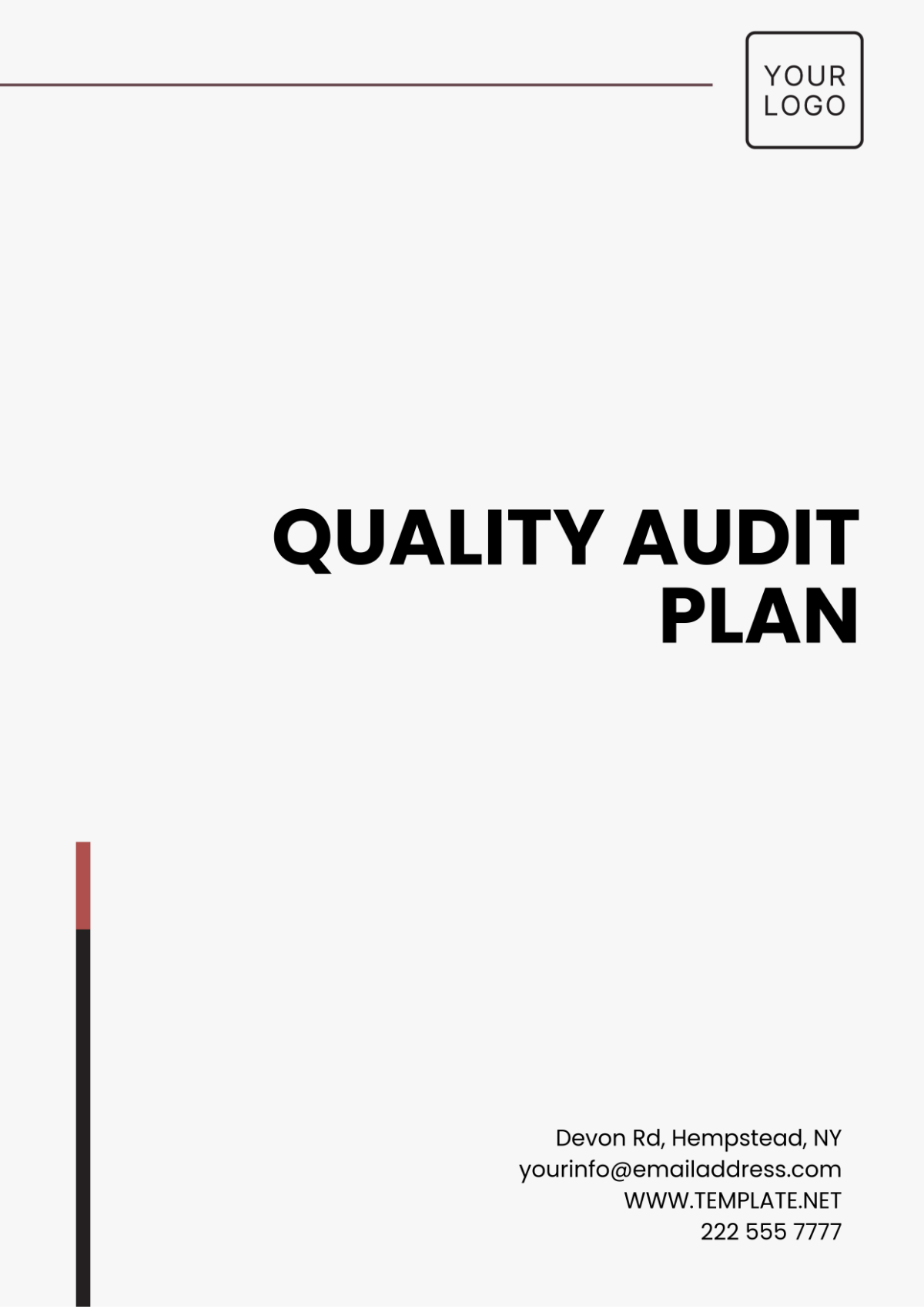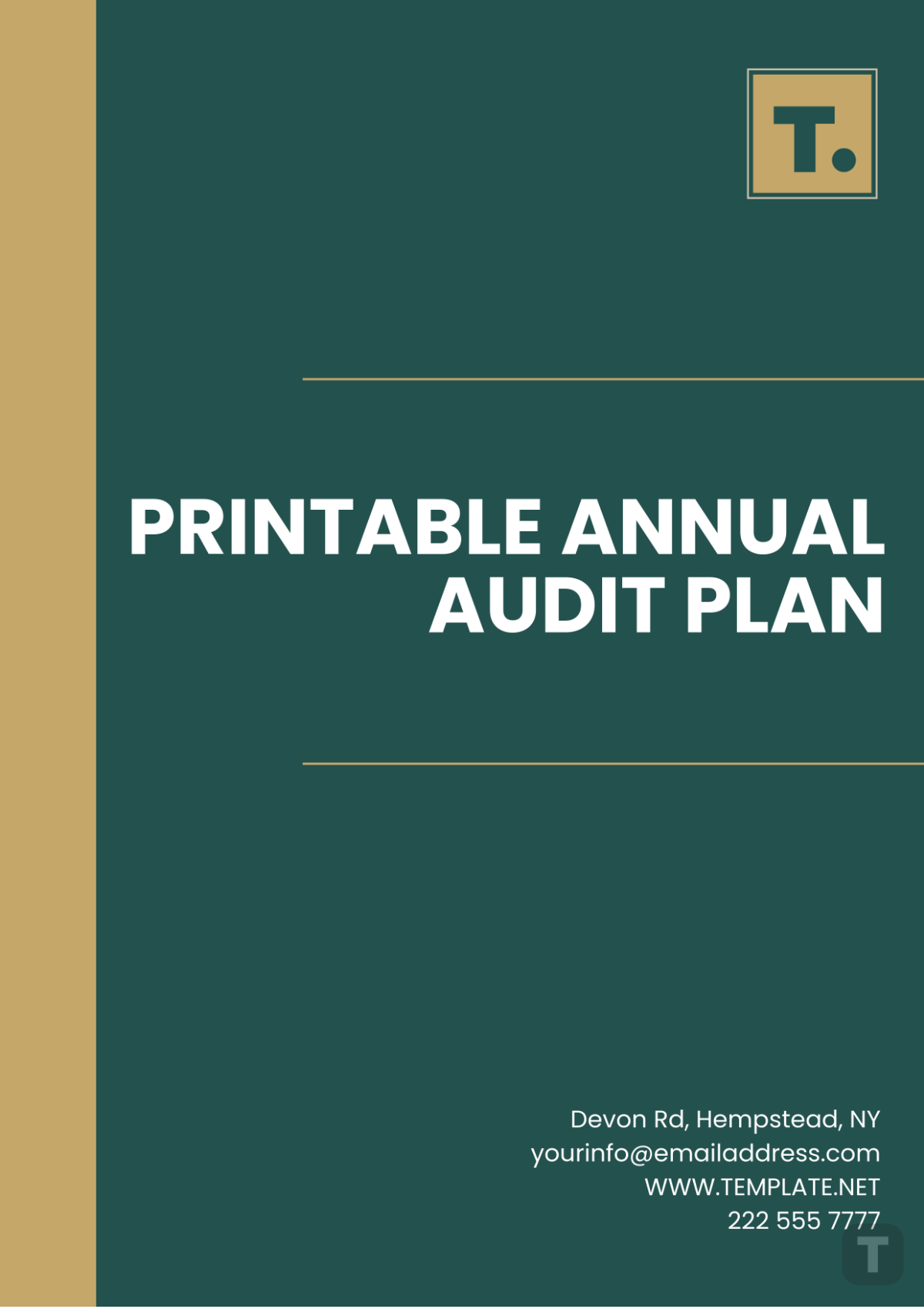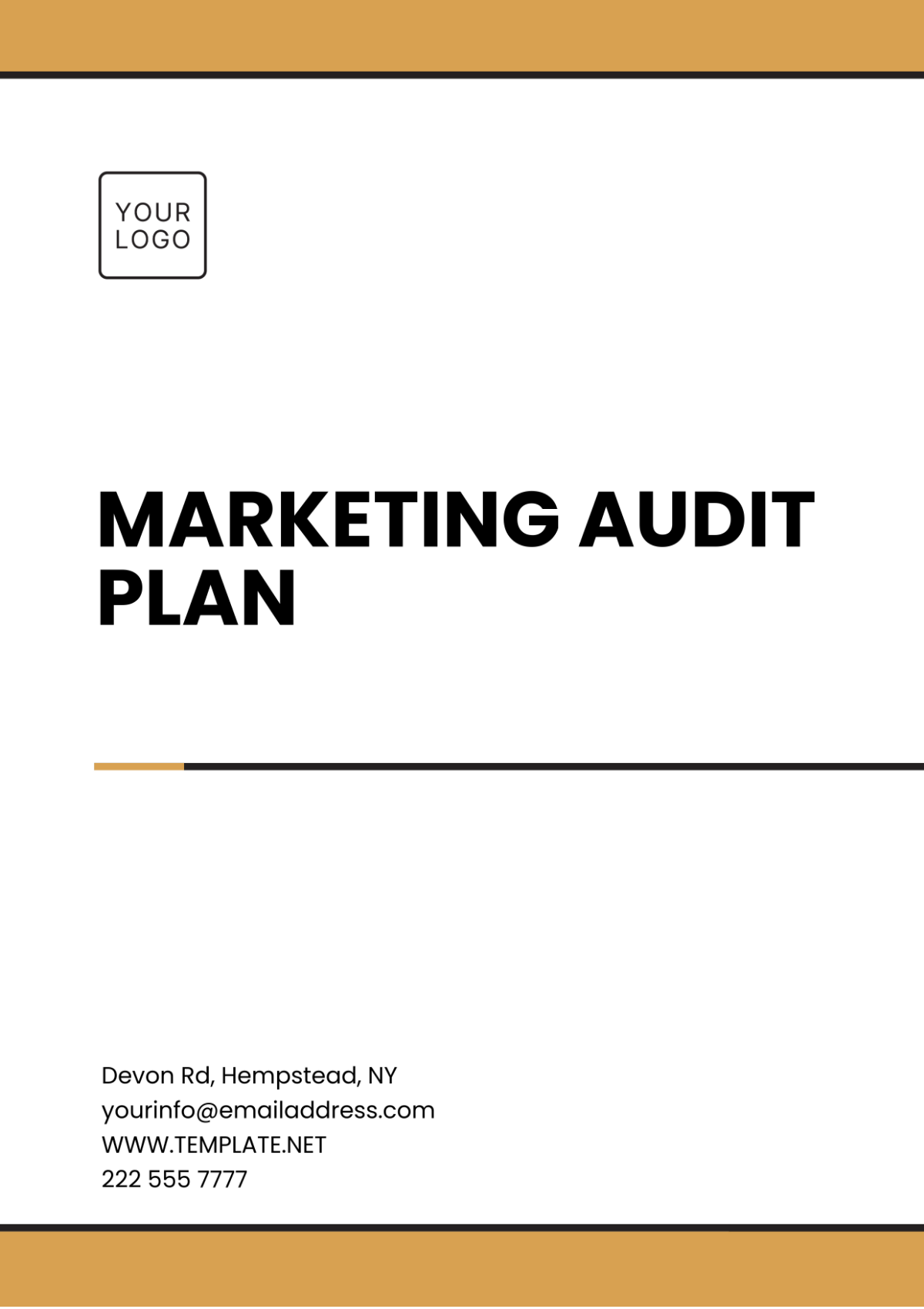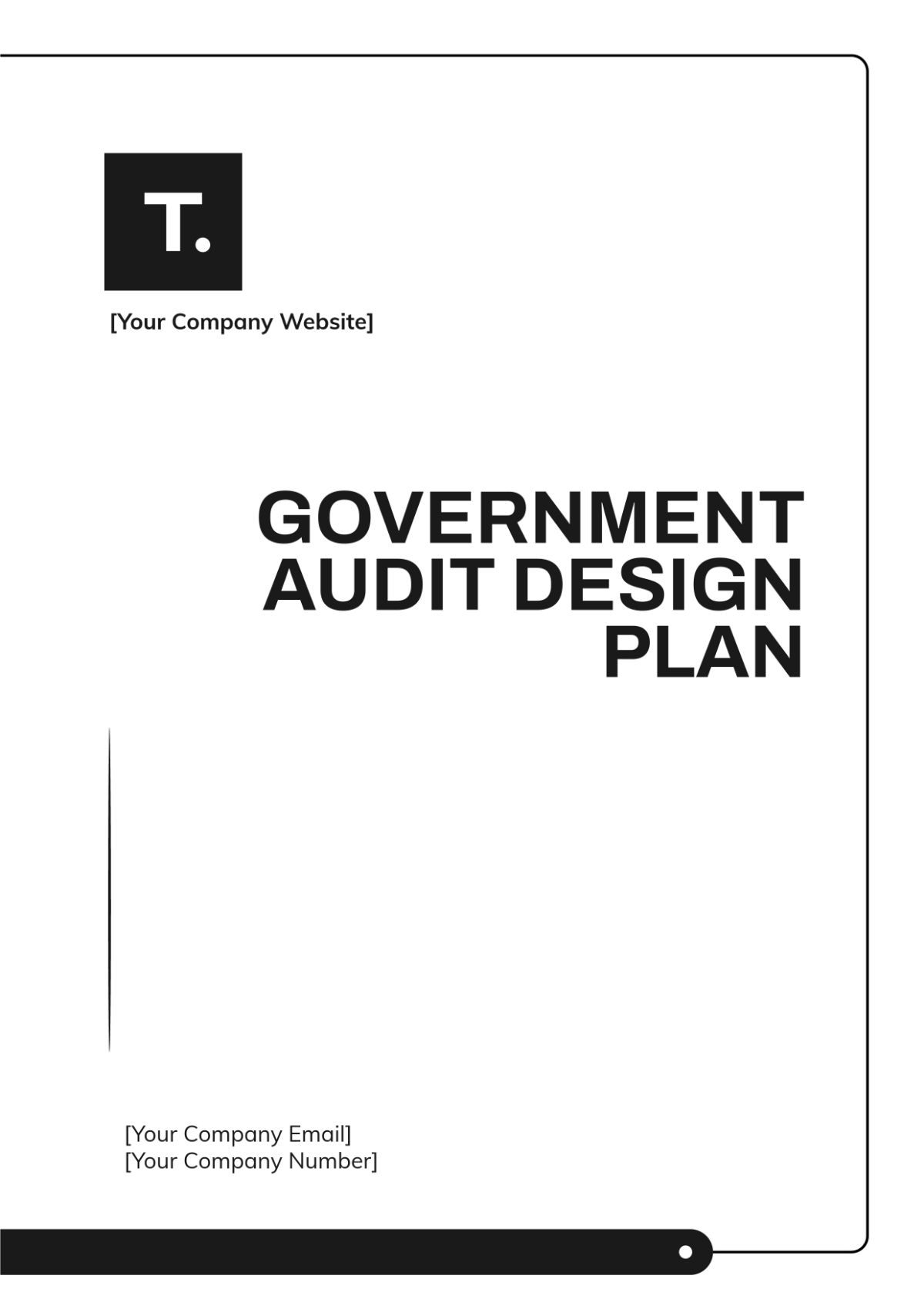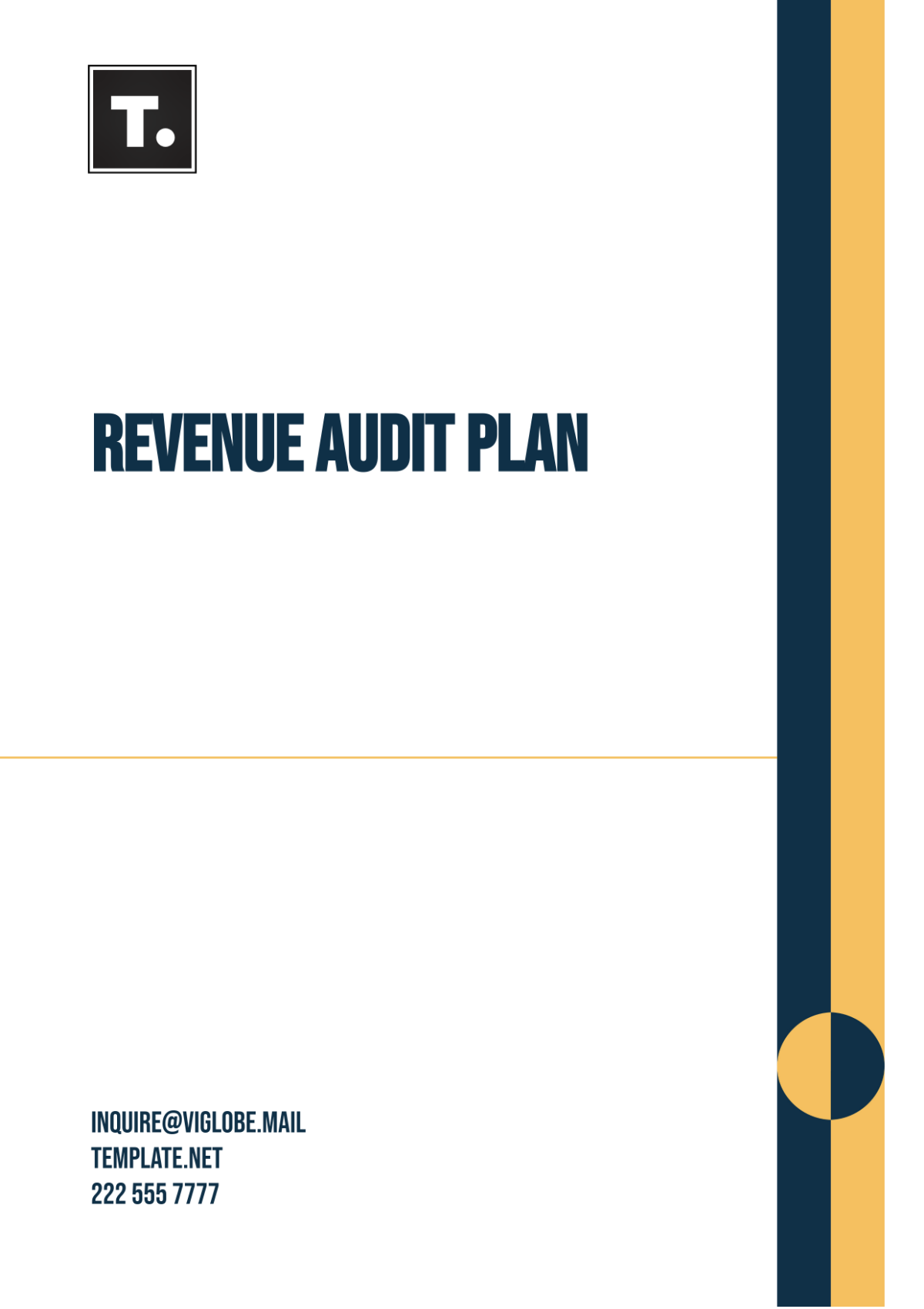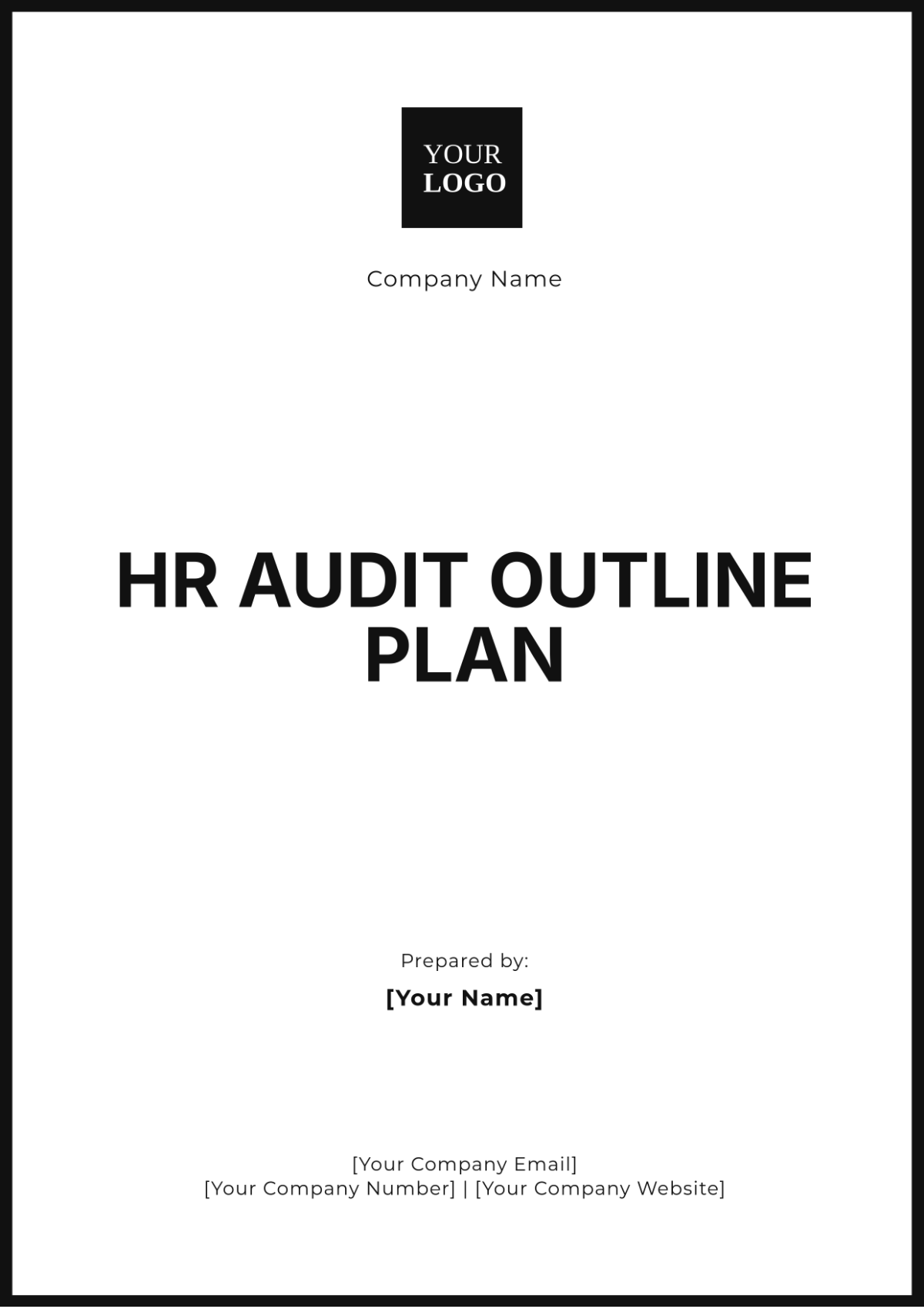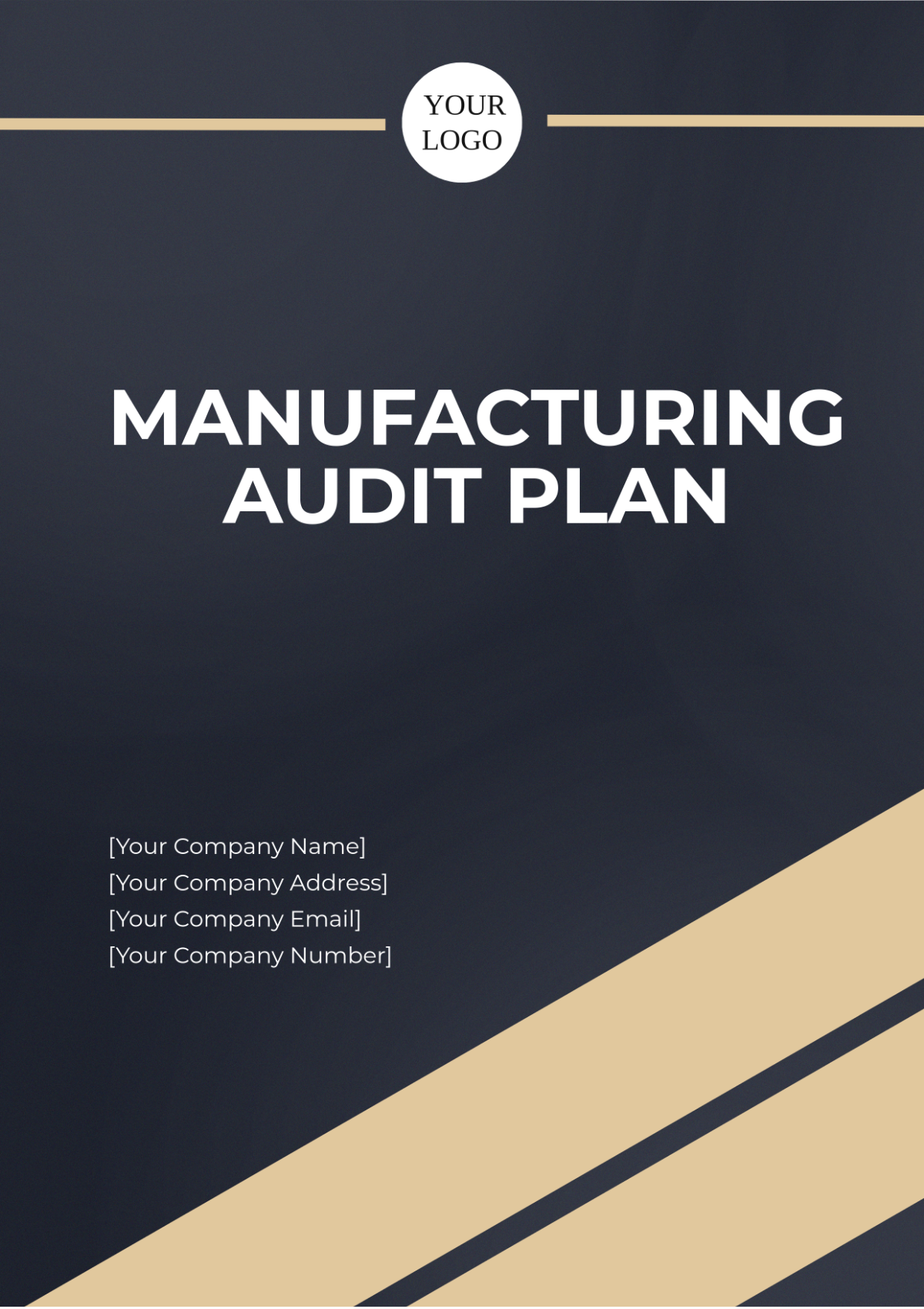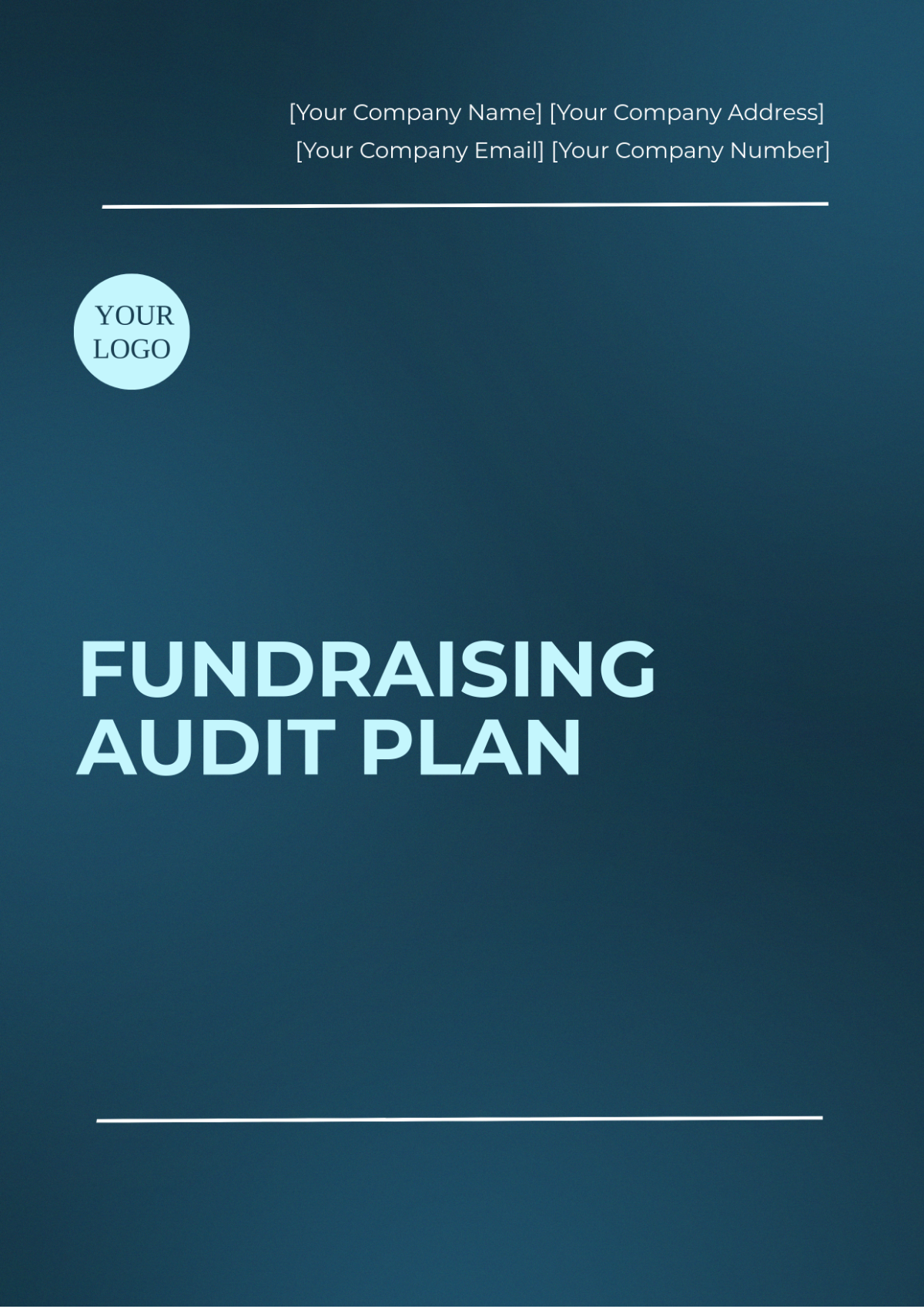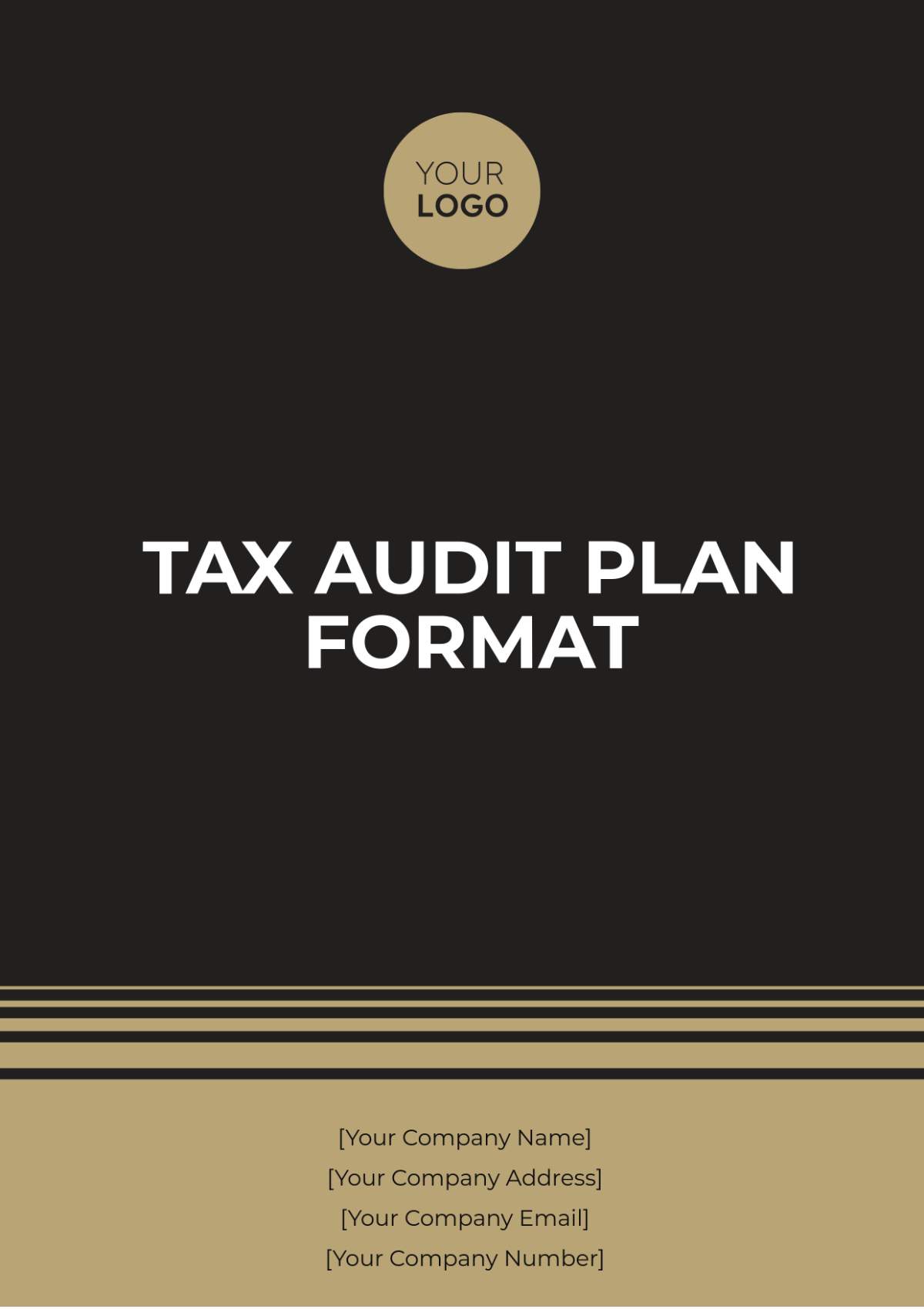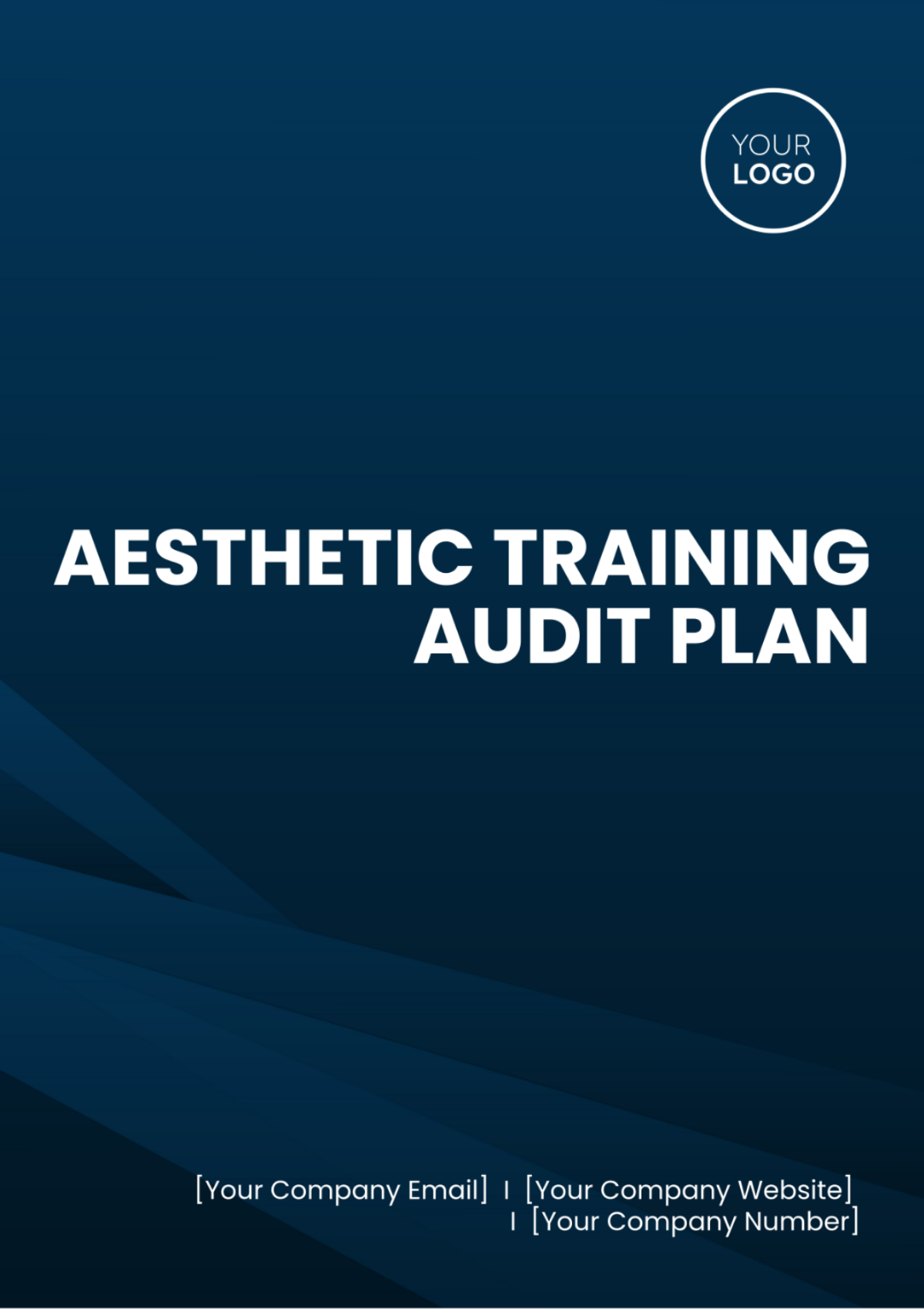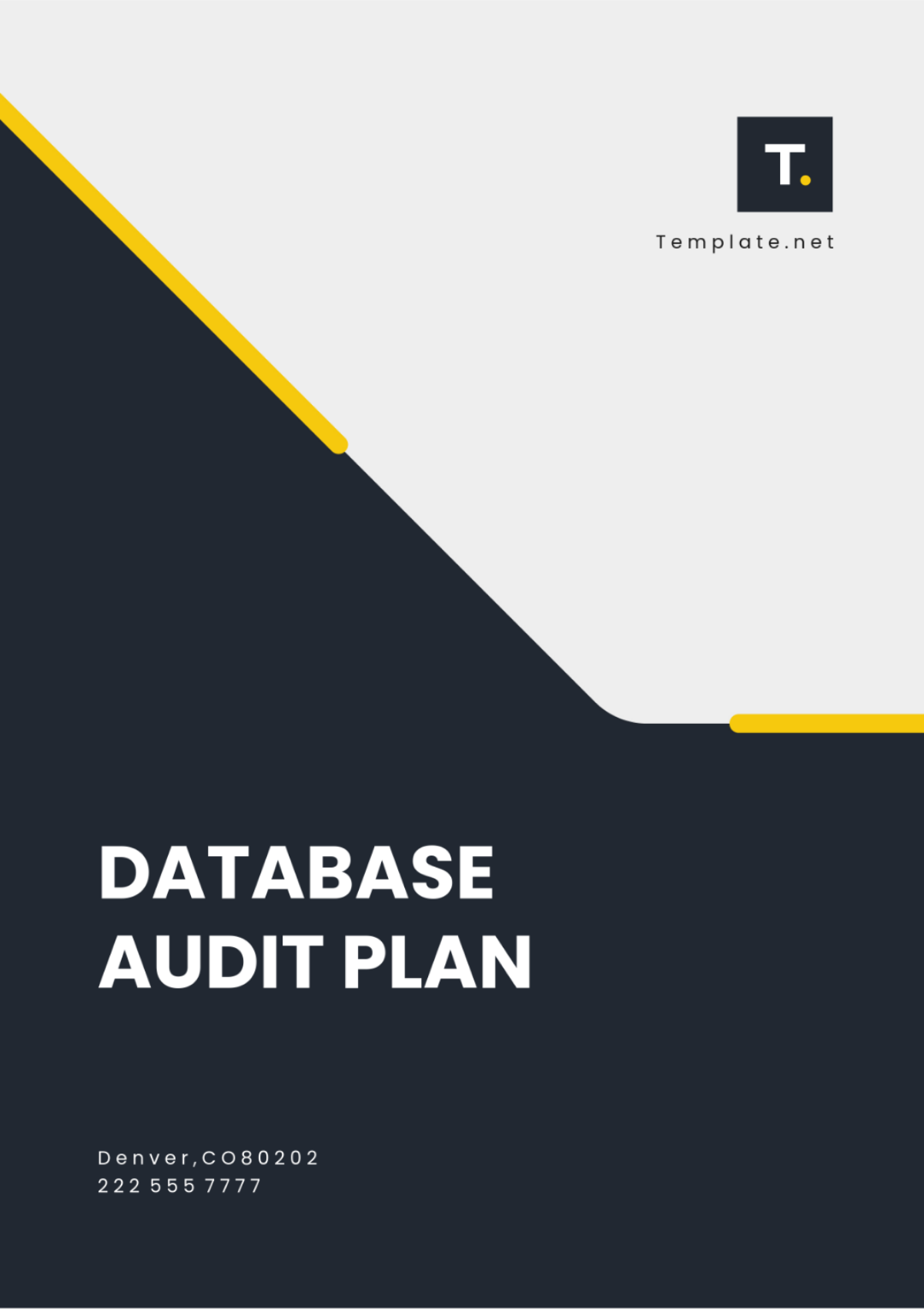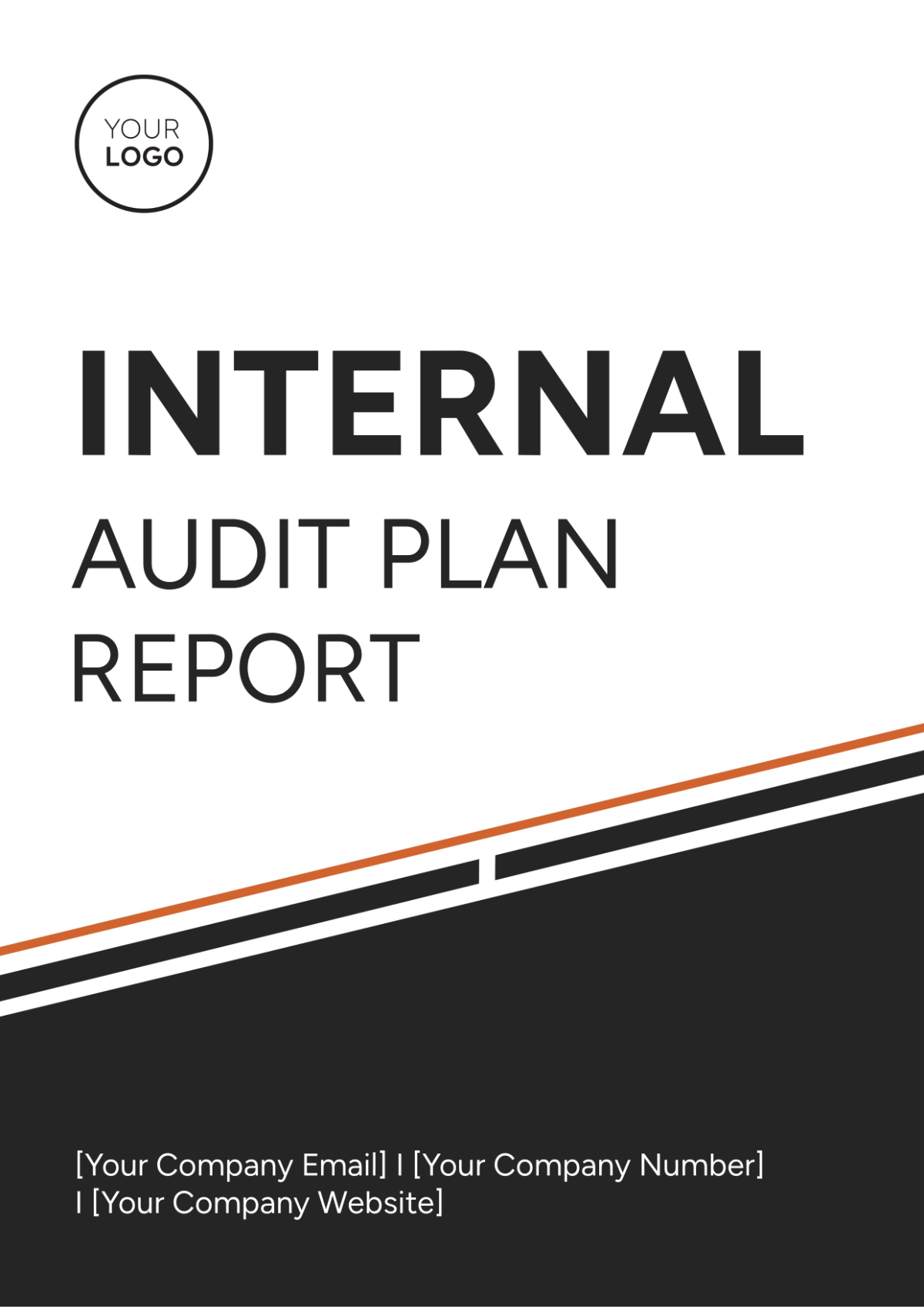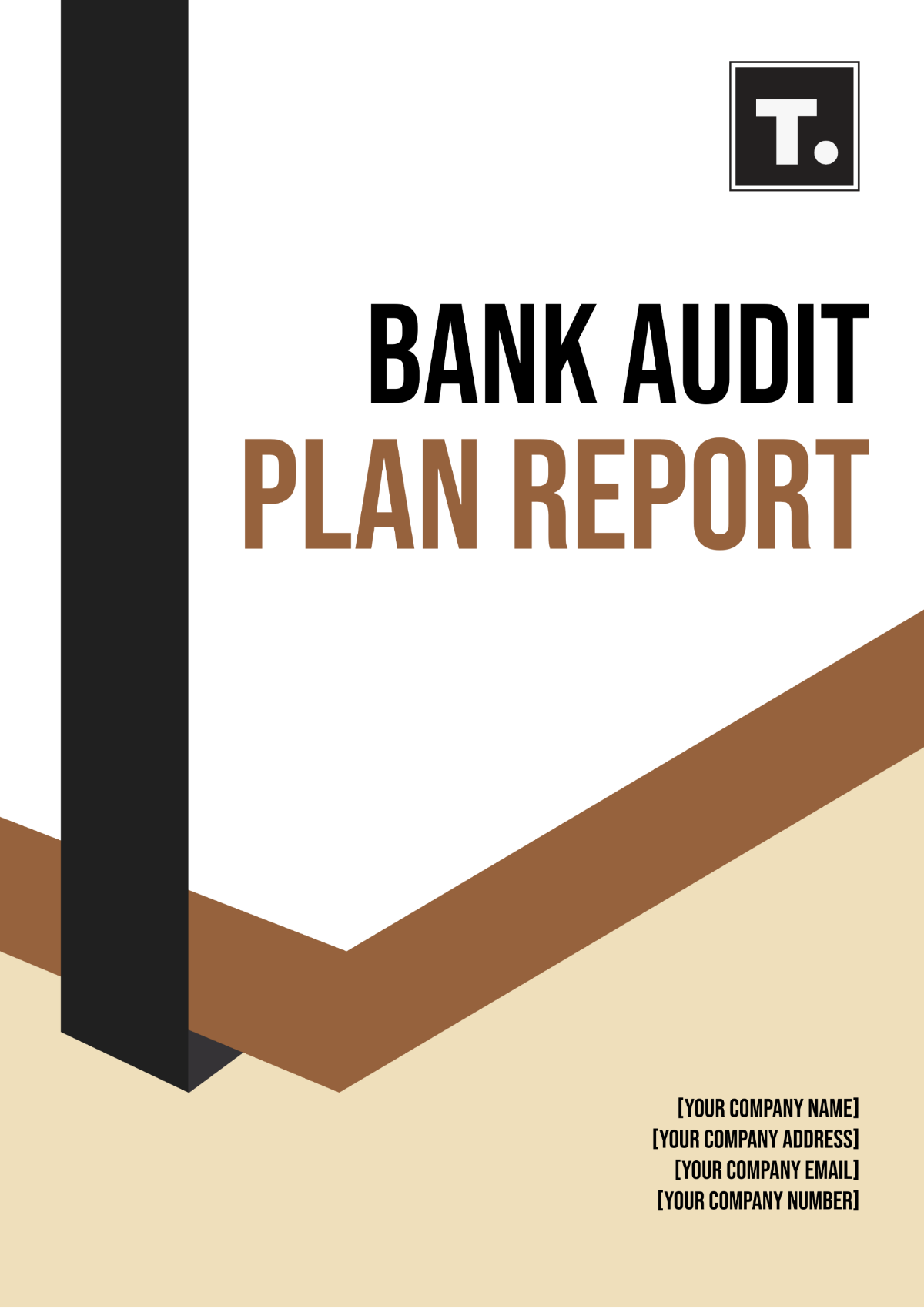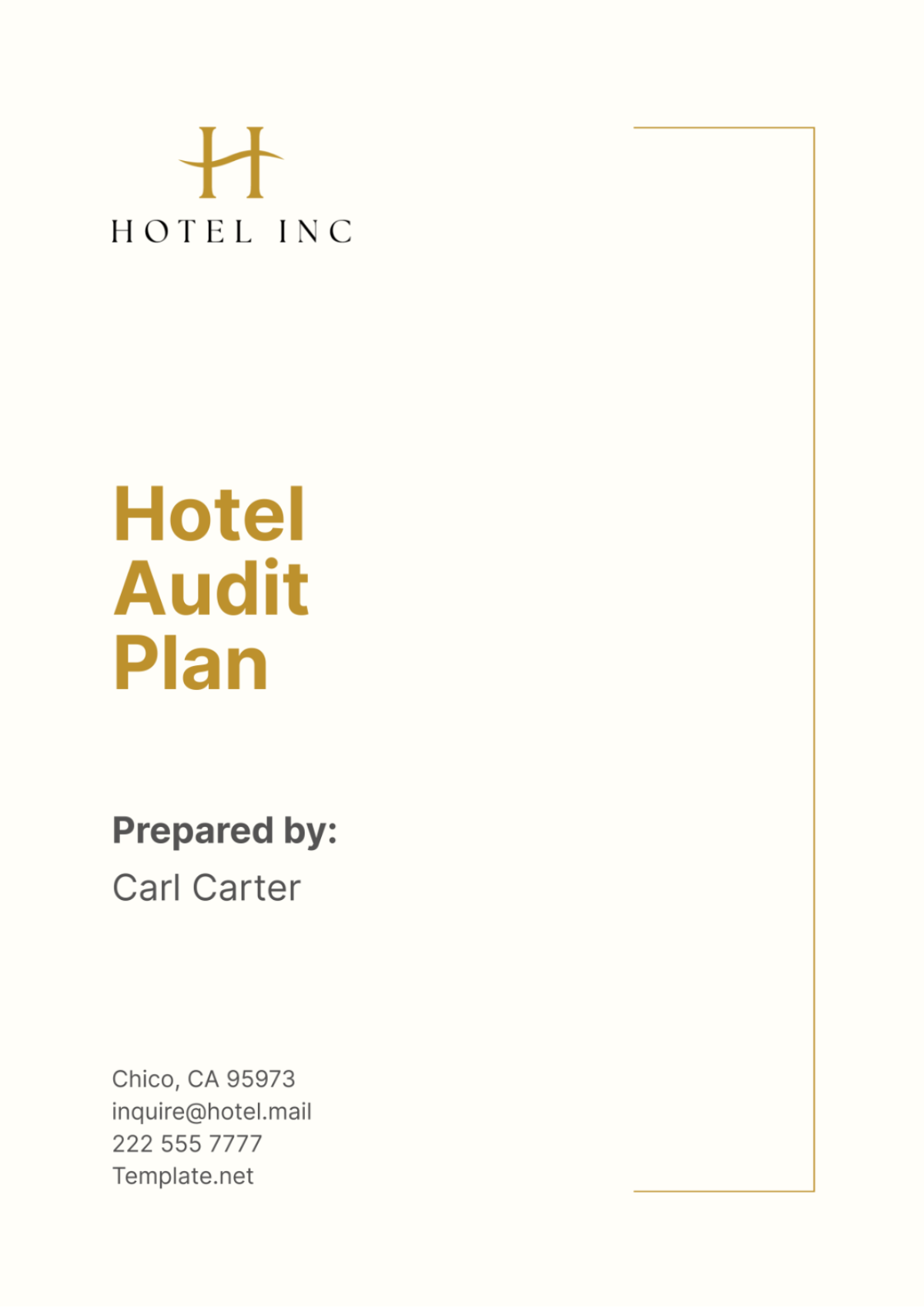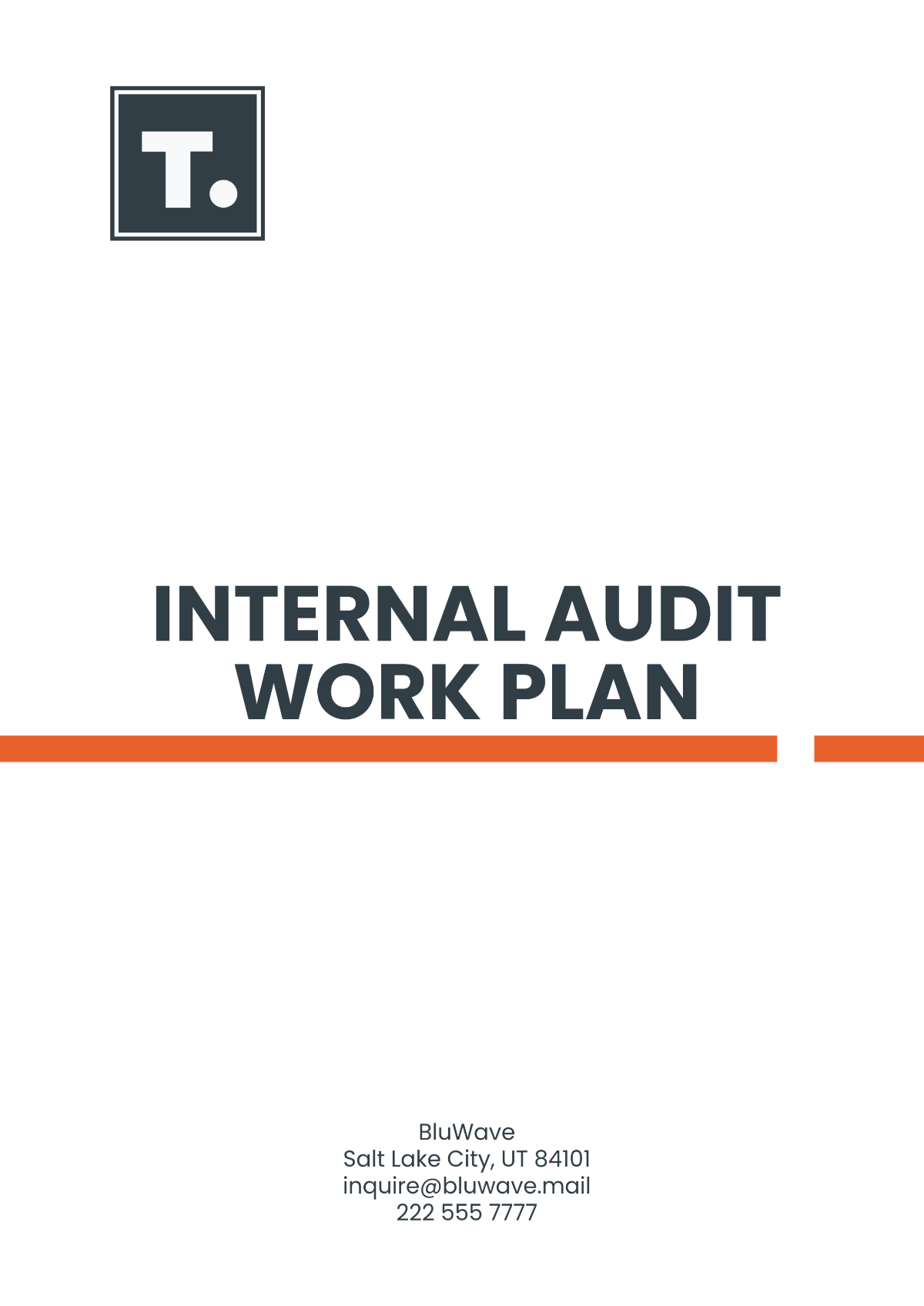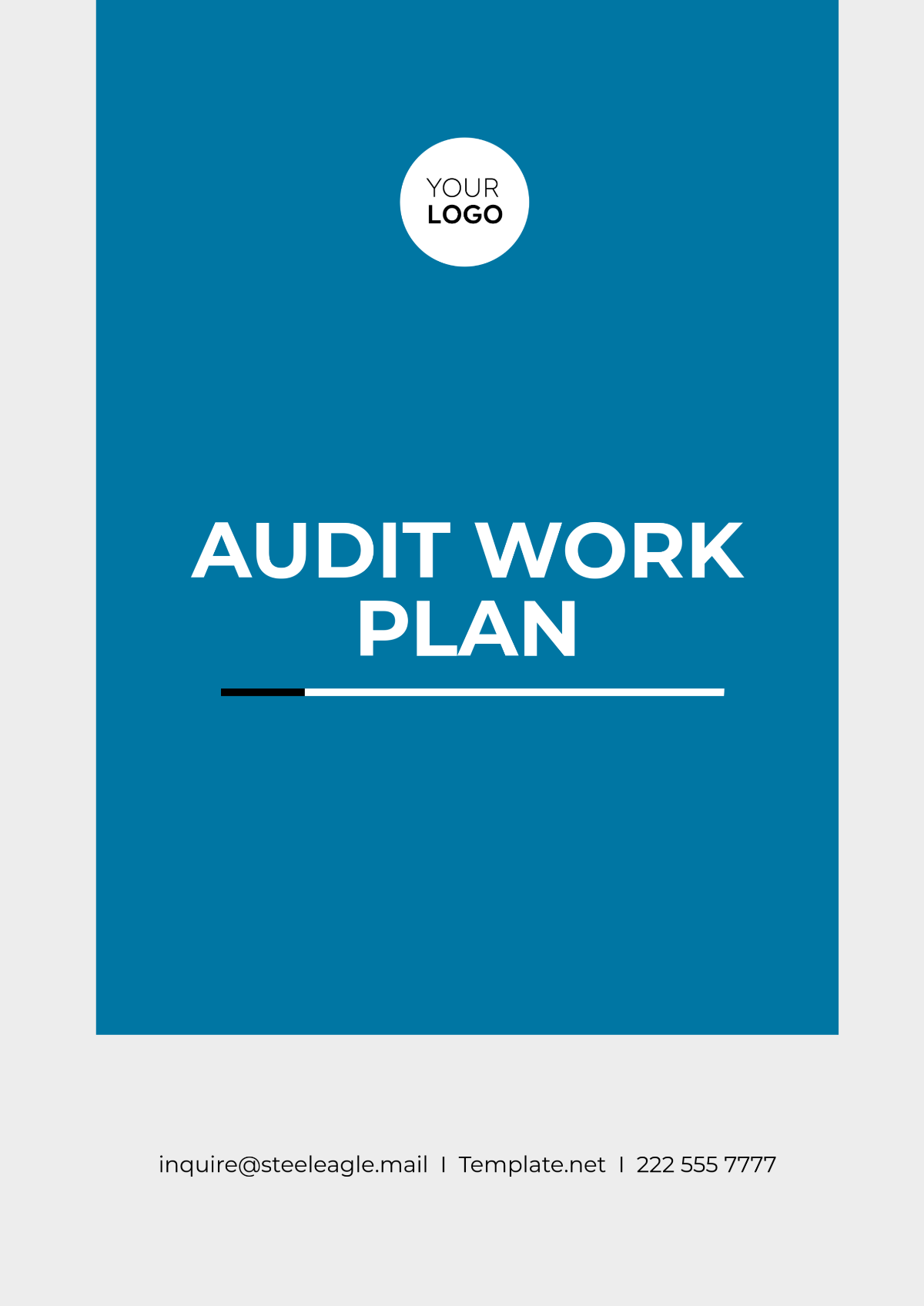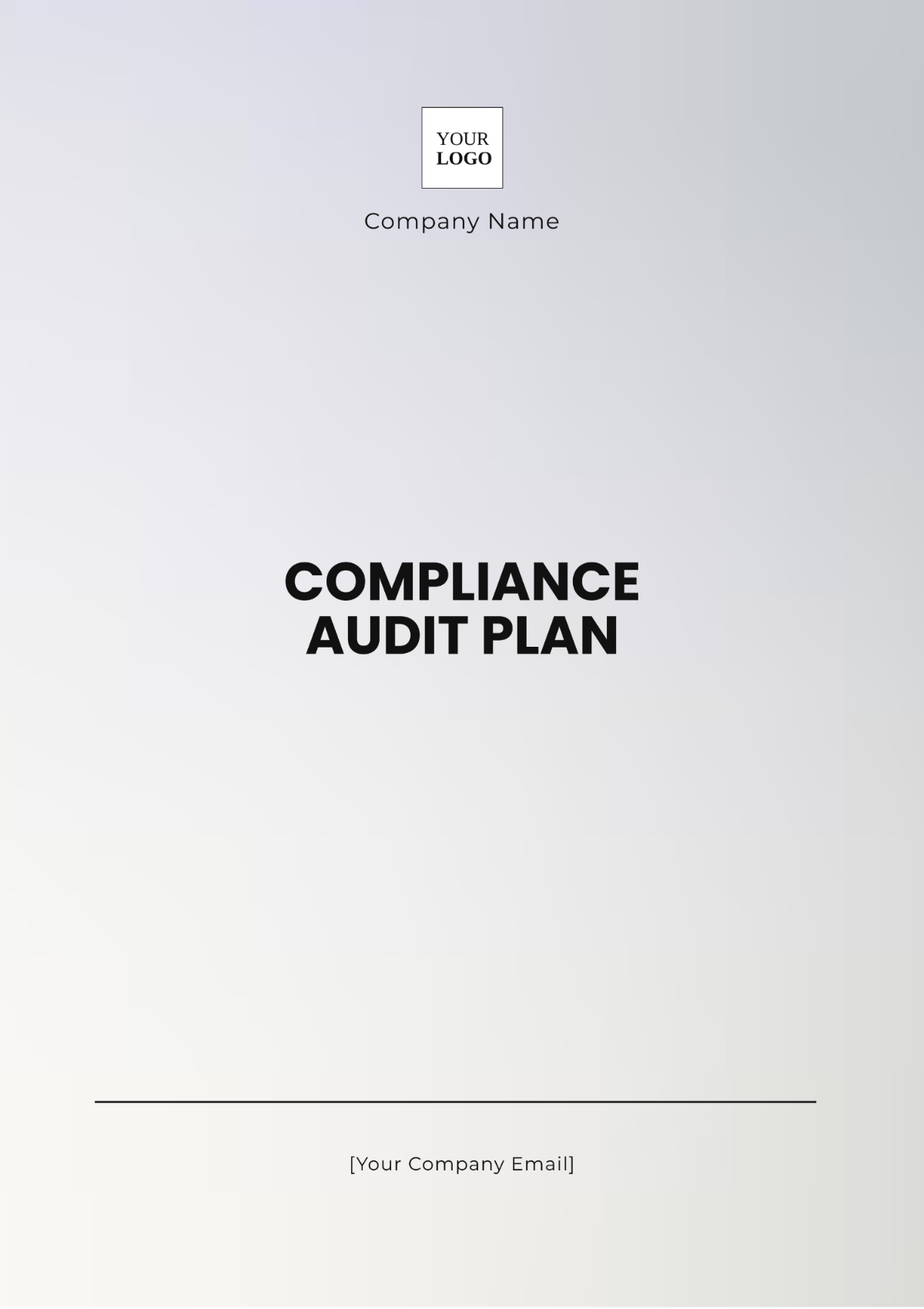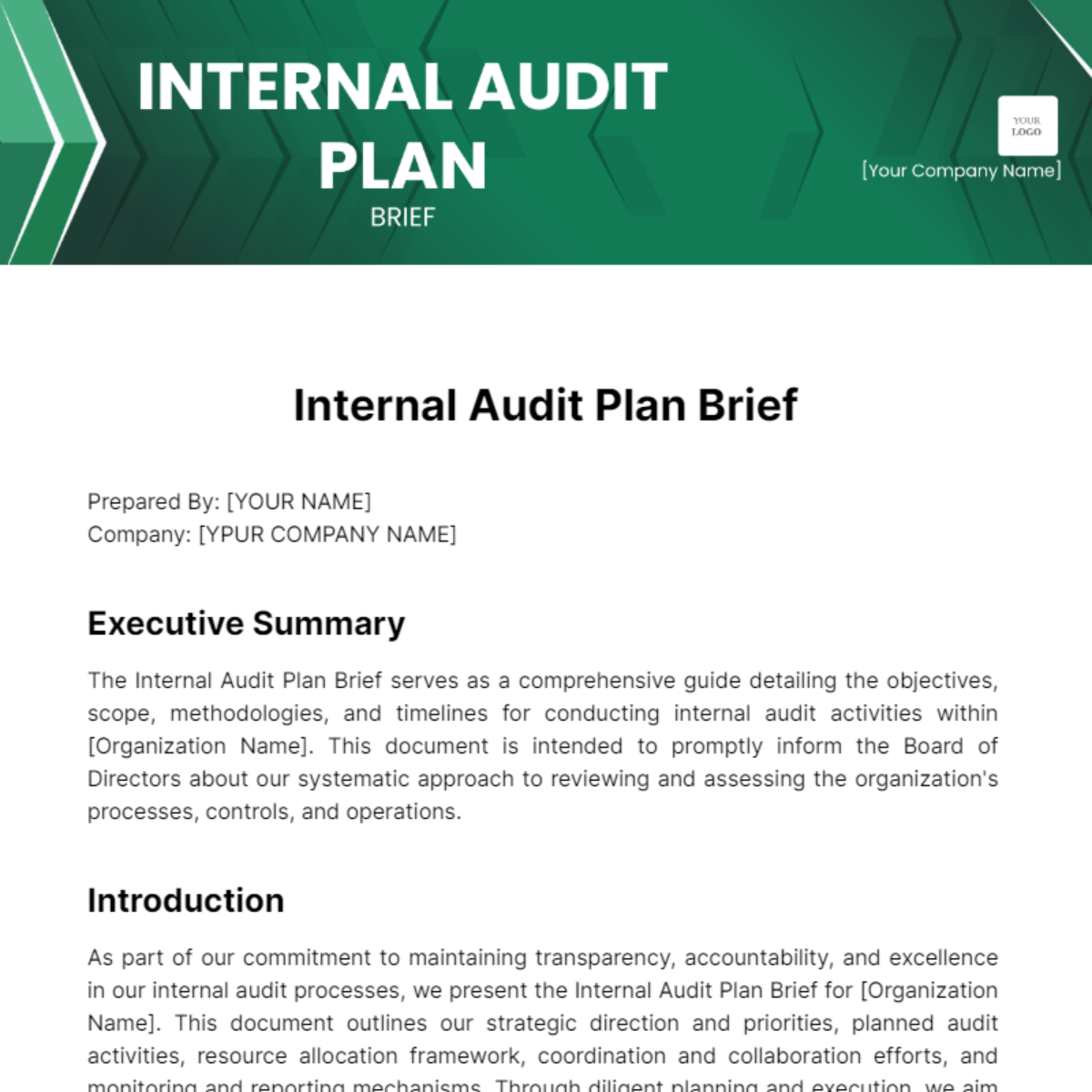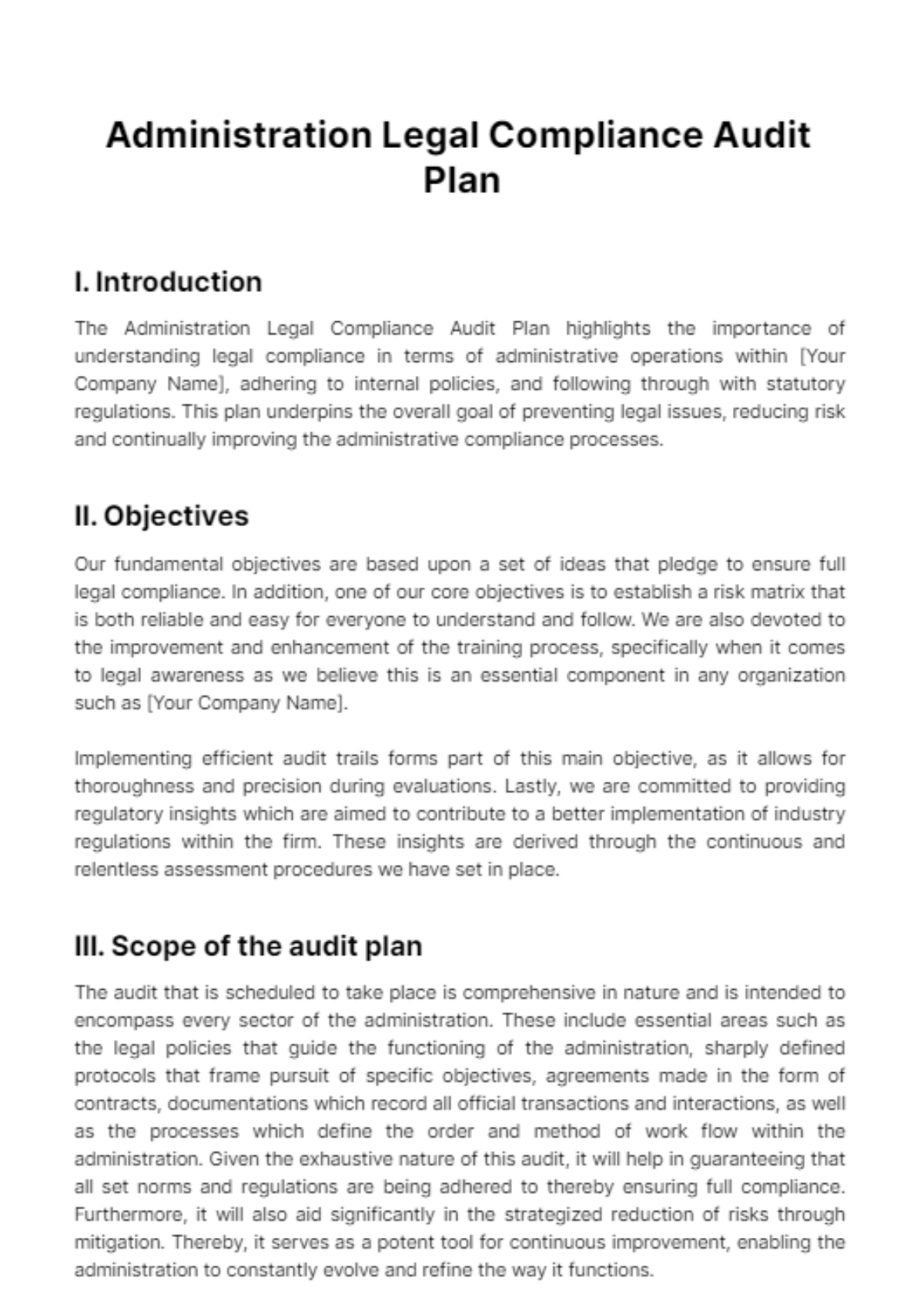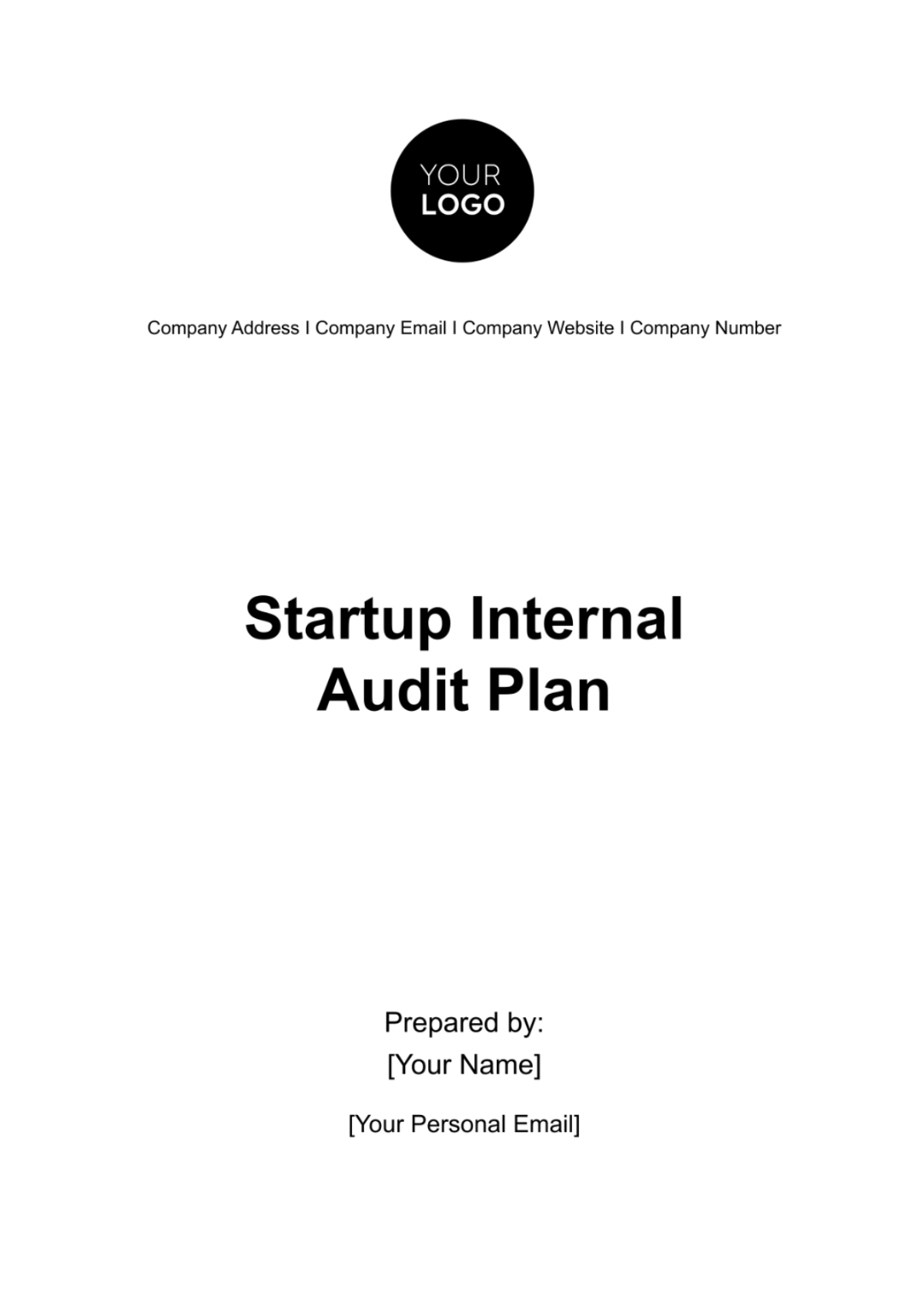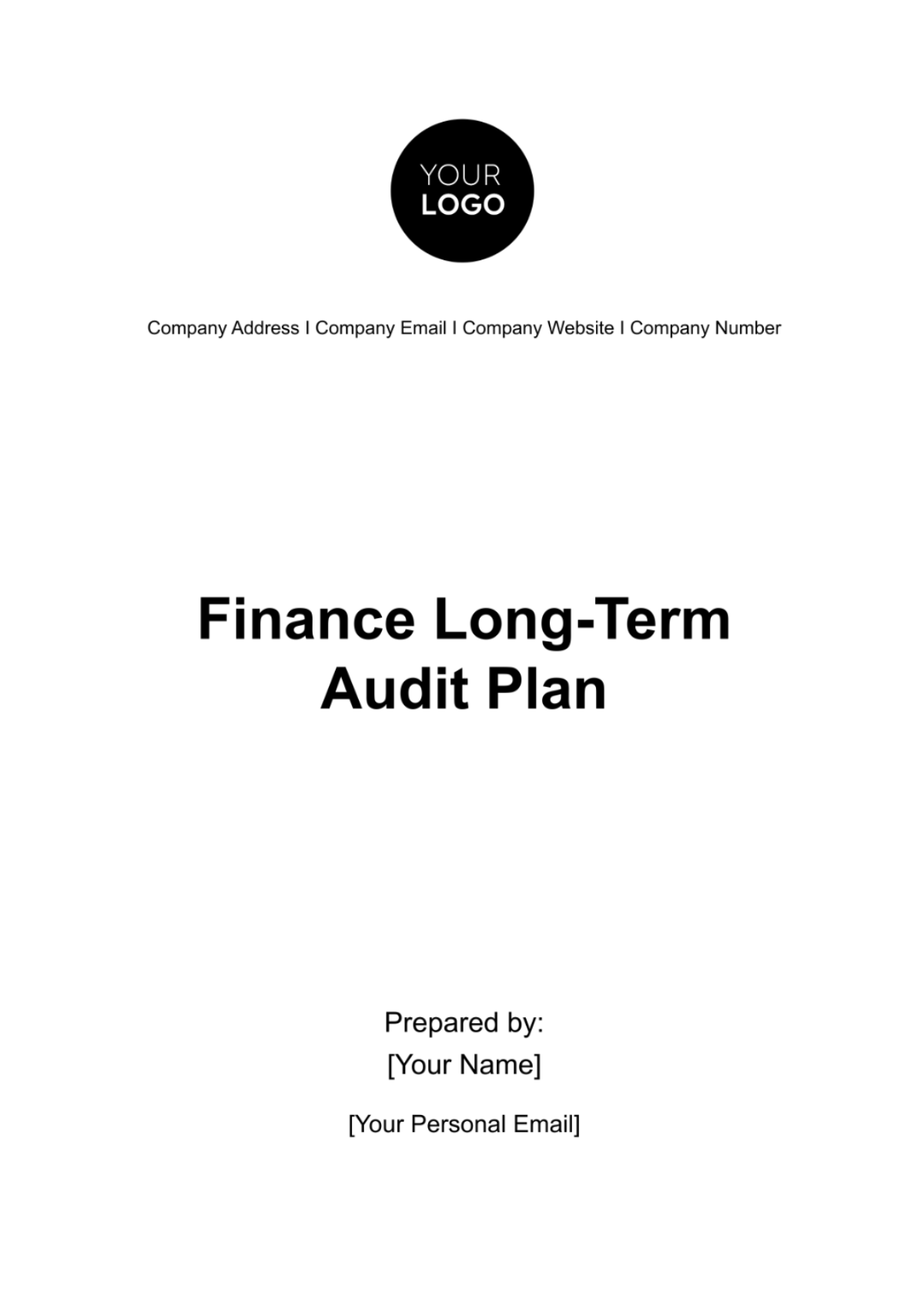Utility Audit Plan
1. Purpose of the Audit
The primary purpose of the Utility Audit is to evaluate the efficiency and effectiveness of the utility management practices at [Your Company Name]. This includes assessing the accuracy of utility billings, the effectiveness of energy management strategies, and compliance with regulatory requirements. By identifying areas for improvement, the audit aims to enhance operational efficiency, reduce costs, and promote sustainability initiatives.
2. Scope of the Audit
The scope of this audit includes:
Electricity Consumption: Review of usage patterns, peak demand periods, and tariff structures.
Water Usage: Analysis of consumption data, leakage detection, and conservation efforts.
Natural Gas: Evaluation of usage metrics, cost trends, and efficiency of heating systems.
Sustainability Initiatives: Assessment of current programs aimed at reducing the carbon footprint and promoting renewable energy sources.
3. Audit Objectives
To verify the accuracy of utility bills and identify discrepancies.
To evaluate the effectiveness of current energy management strategies.
To assess compliance with applicable regulations and industry standards.
To identify opportunities for cost savings and operational improvements.
To enhance the organization's sustainability practices.
4. Audit Methodology
Data Collection: Gather historical utility consumption data for the past three years (2070 - 2072) and conduct interviews with relevant staff.
Field Observations: Inspect utility meters, energy management systems, and conservation initiatives.
Benchmarking: Compare utility consumption against industry standards and best practices.
Analytical Procedures: Use statistical analysis to identify trends, anomalies, and areas for further investigation.
5. Timeline
Planning Phase: January 1, 2070 - January 15, 2070
Define audit scope and objectives.
Develop an audit timeline and assign responsibilities.
Field Work: January 16, 2070 - March 31, 2070
Collect data, perform field observations, and conduct interviews.
Analyze collected data for trends and discrepancies.
Reporting Phase: April 1, 2070 - April 30, 2070
Prepare and present draft audit reports to management.
Incorporate feedback and finalize audit report.
Follow-Up: May 1, 2070 - May 31, 2070
Review management's action plan in response to audit findings.
Conduct follow-up meetings to ensure the implementation of recommendations.
6. Resources Required
Personnel:
Chief Auditor: John Smith
Audit Team Members: Jane Doe (Data Analyst), Mark Johnson (Energy Consultant), Sarah Brown (Sustainability Specialist)
Tools & Technology:
Audit management software for data analysis.
Metering and monitoring equipment for field observations.
Reporting tools for presenting findings.
7. Risk Assessment
Identified Risks:
Inaccurate utility billing due to outdated metering technology.
Non-compliance with environmental regulations.
Ineffective energy management leads to increased costs.
Mitigation Strategies:
Regular calibration and maintenance of utility meters.
Training for staff on regulatory compliance.
Implementation of energy-efficient technologies and practices.
8. Conclusion
The Utility Audit Plan outlines a systematic approach to assess and enhance the utility management practices at [Your Company Name]. By adhering to this plan, the organization aims to improve operational efficiency, ensure compliance with regulations, and promote sustainability initiatives that align with its corporate values.
